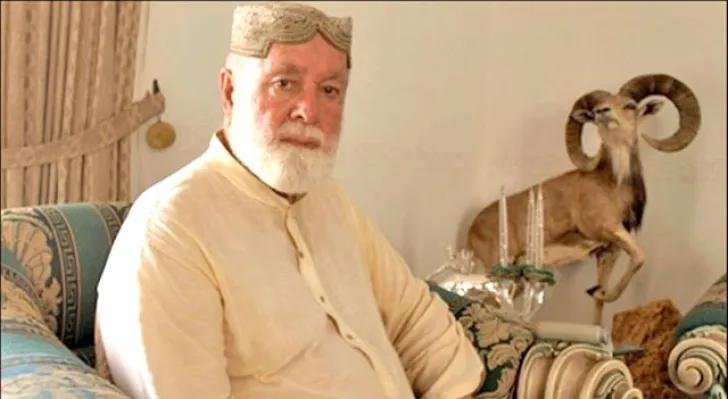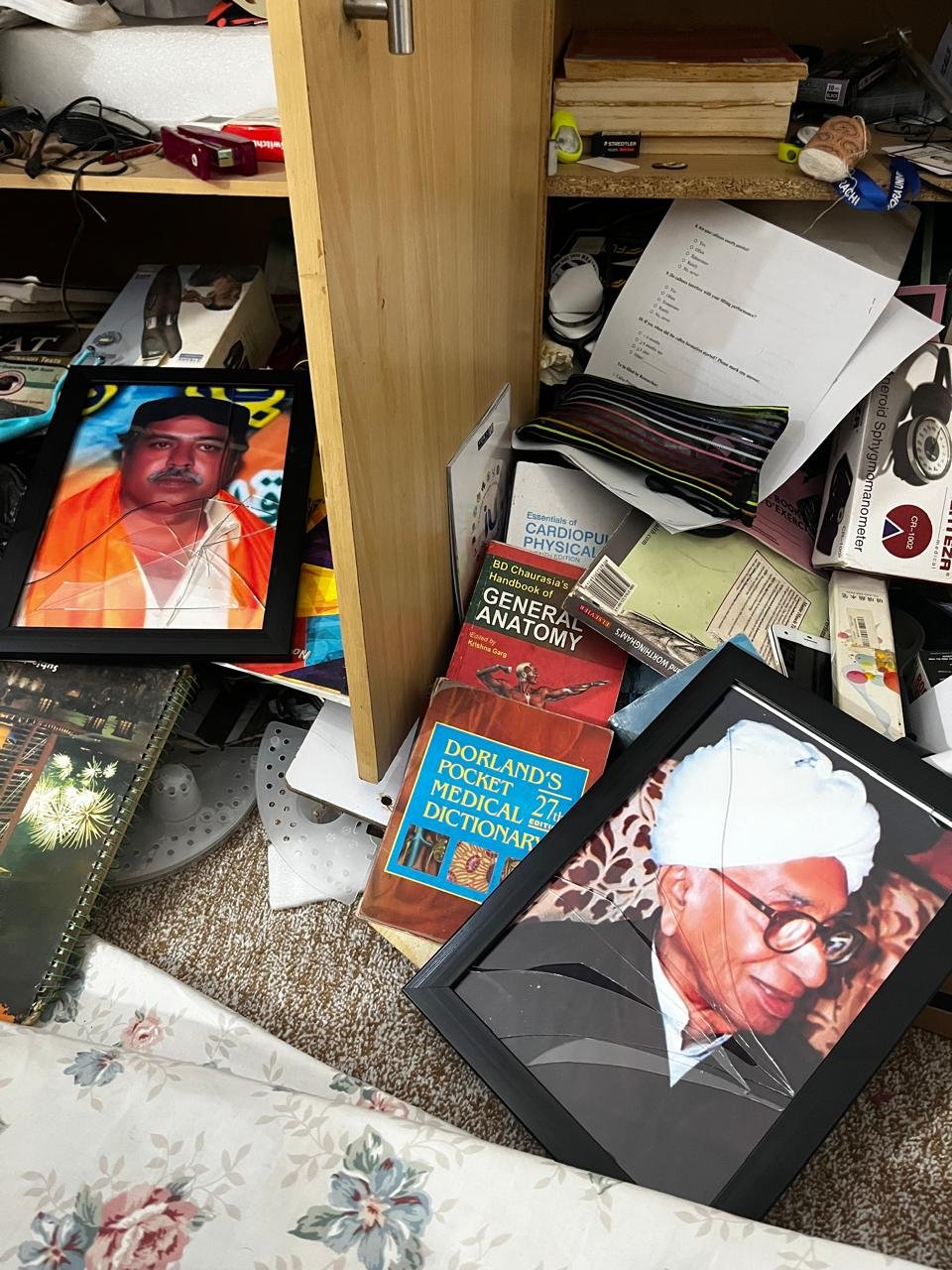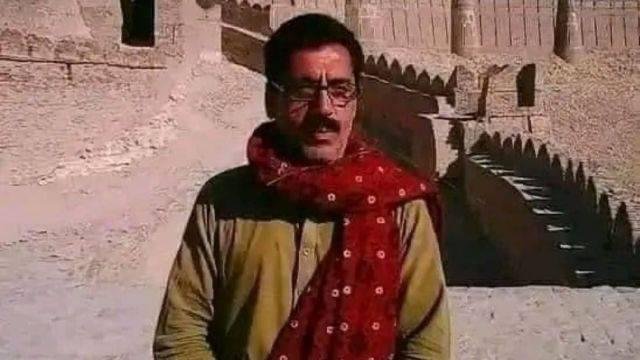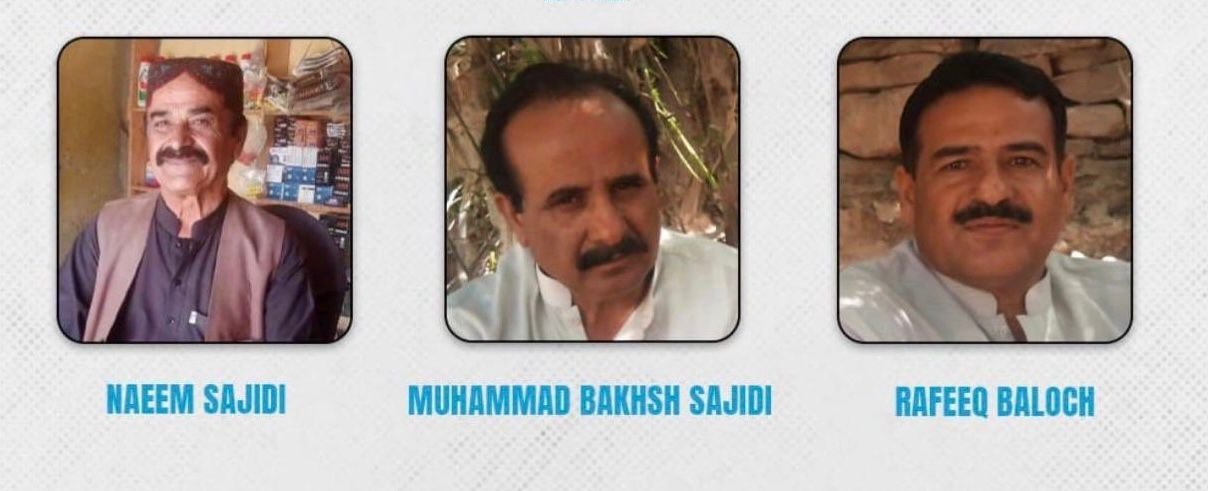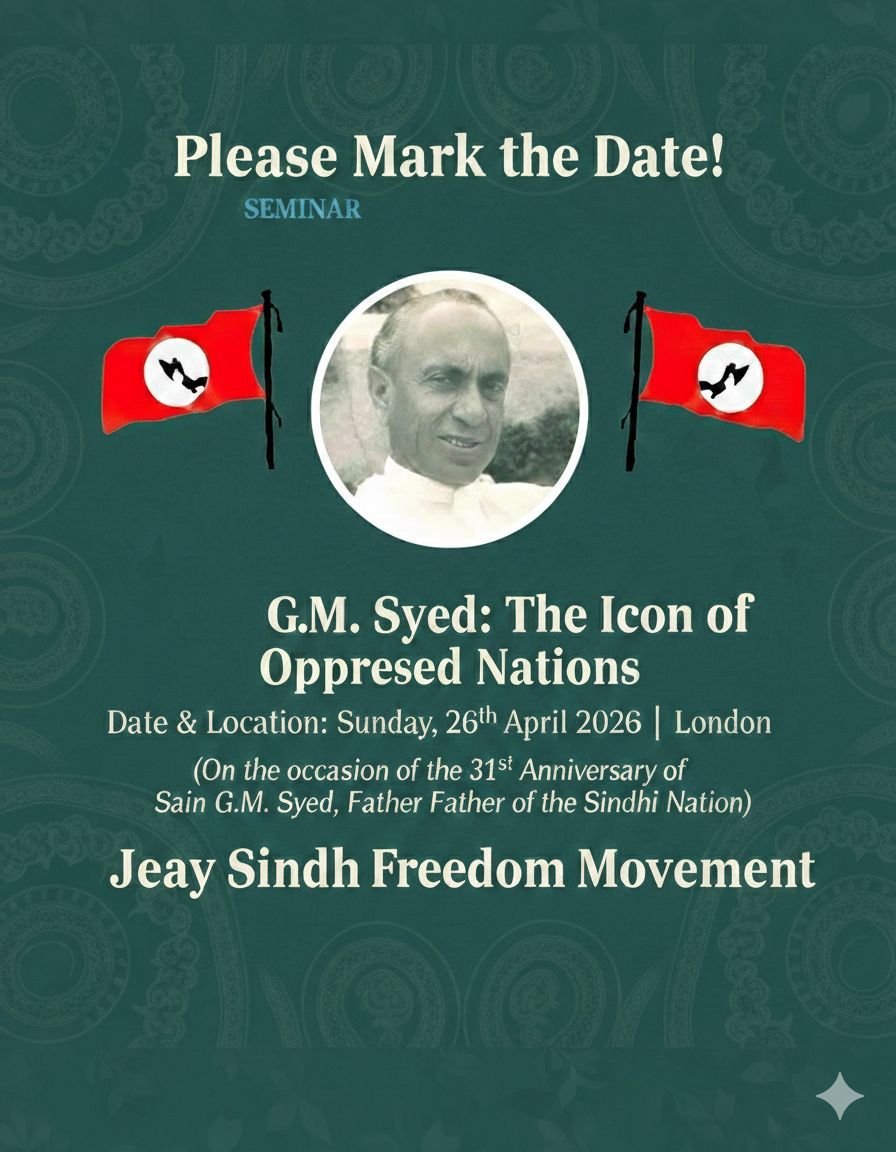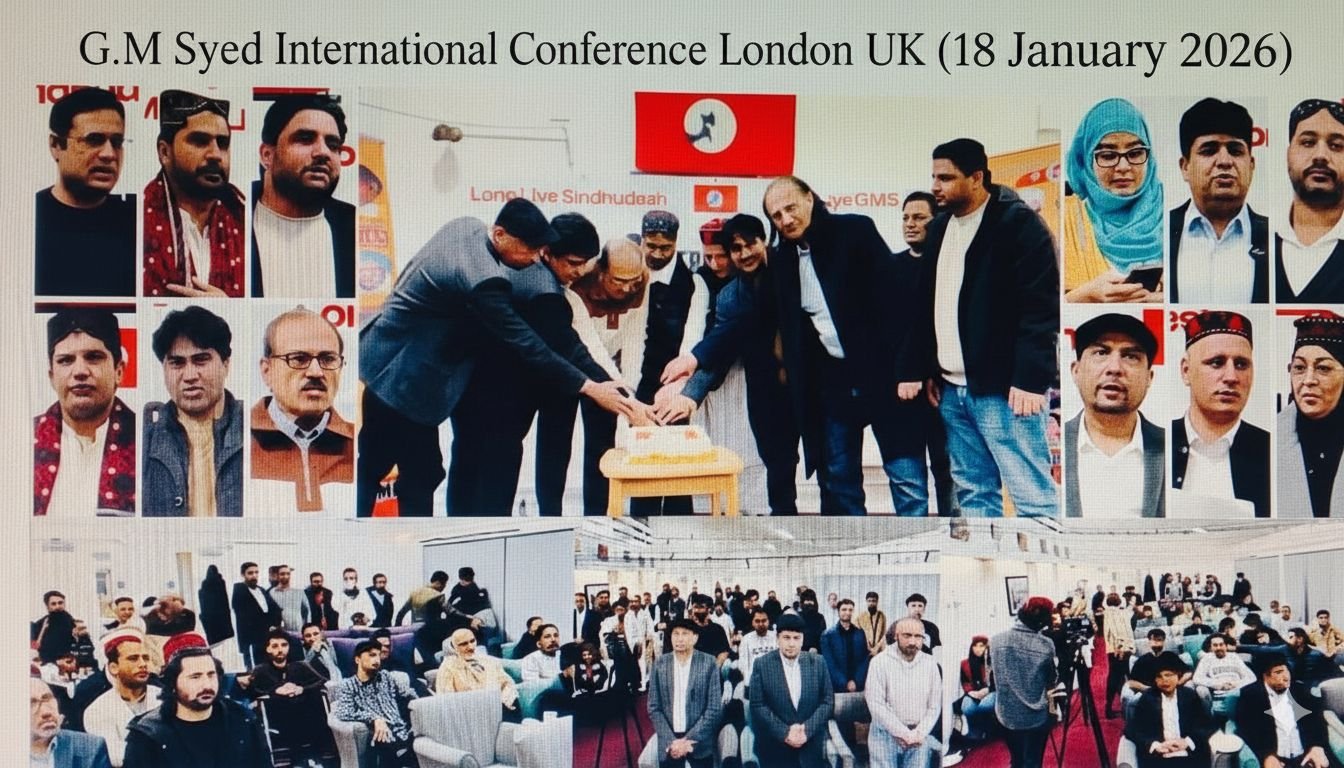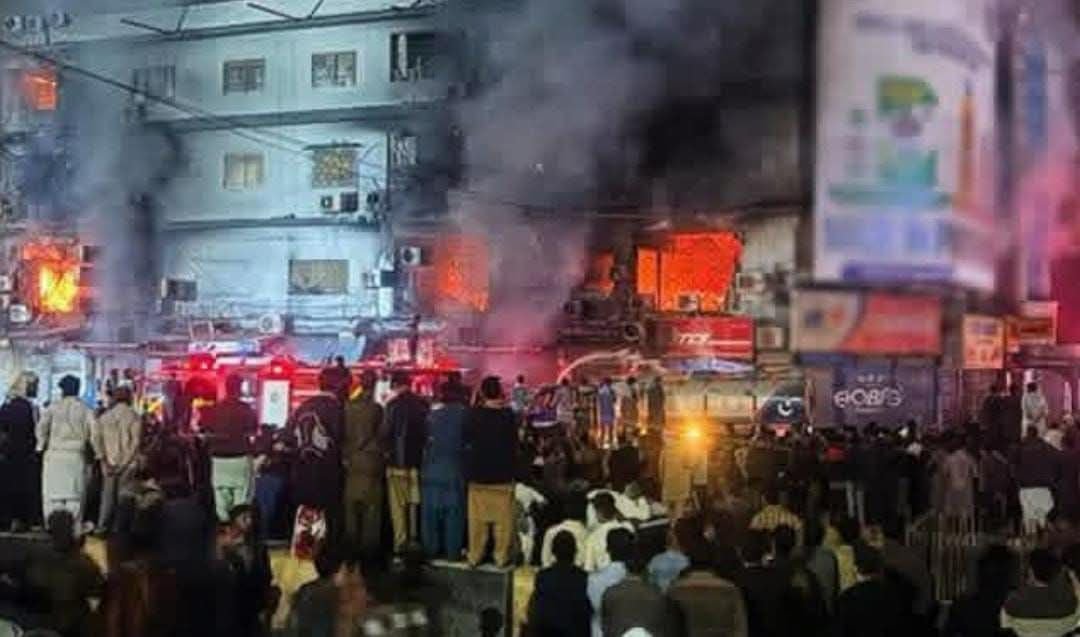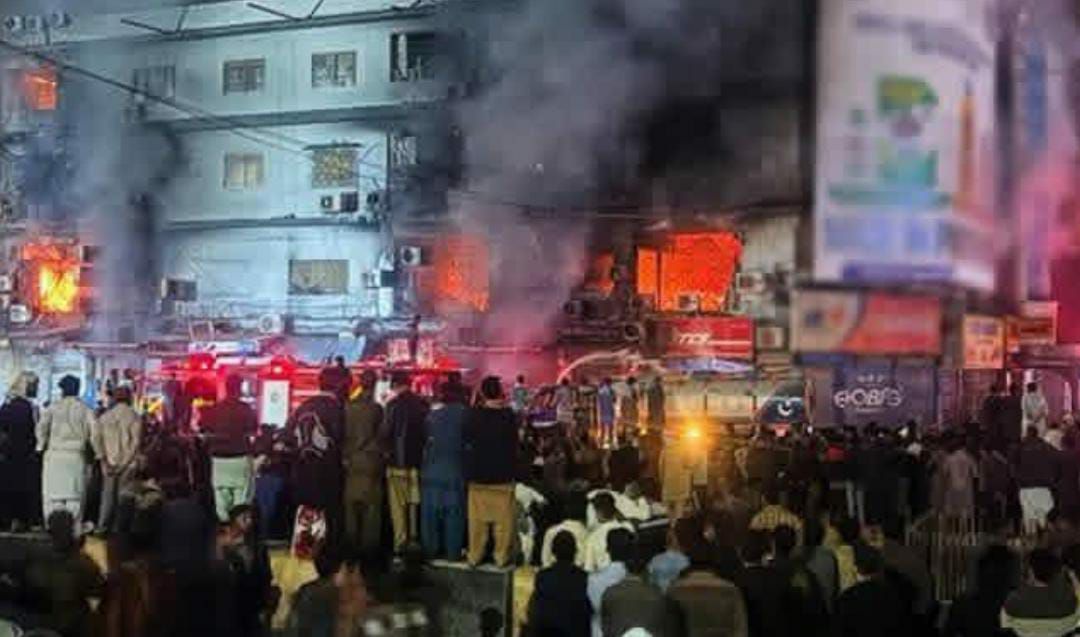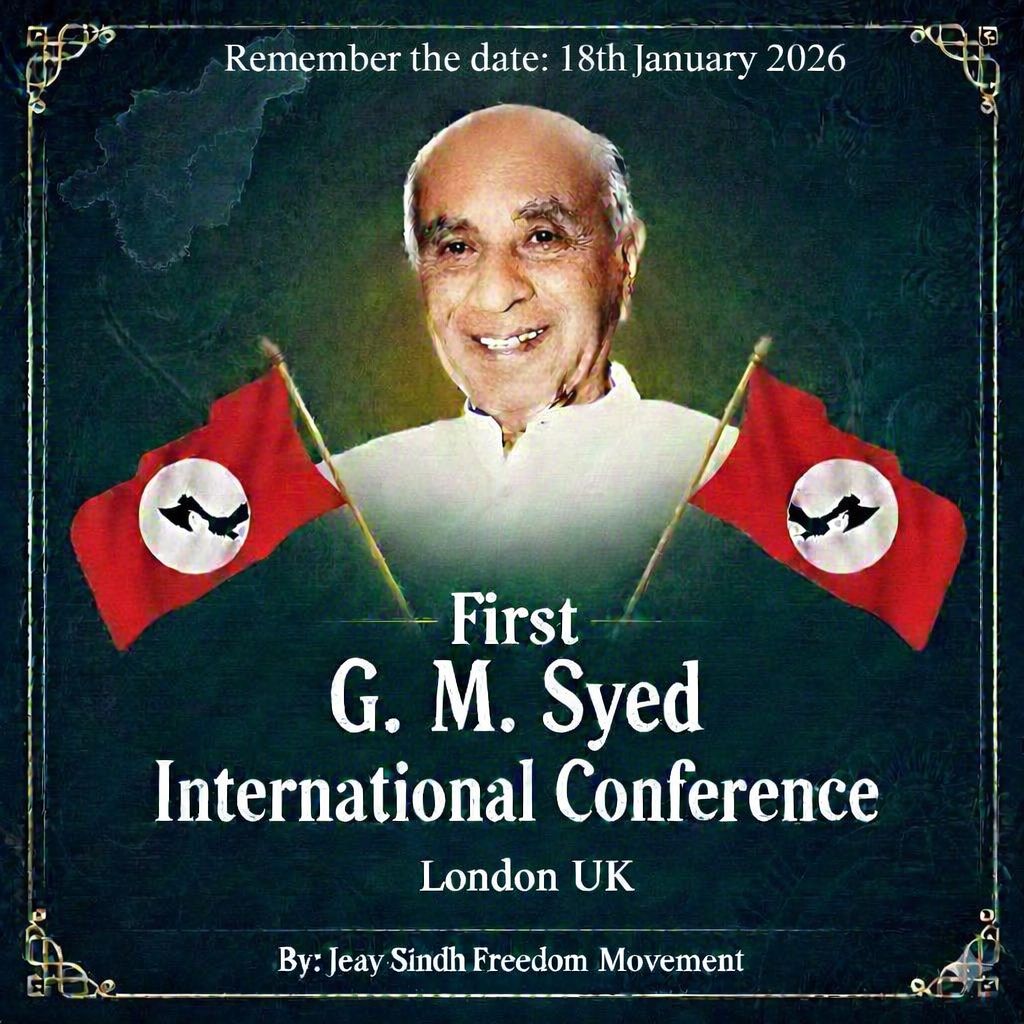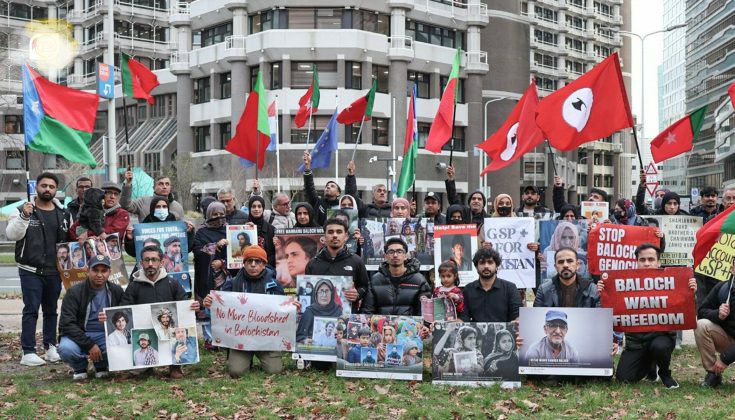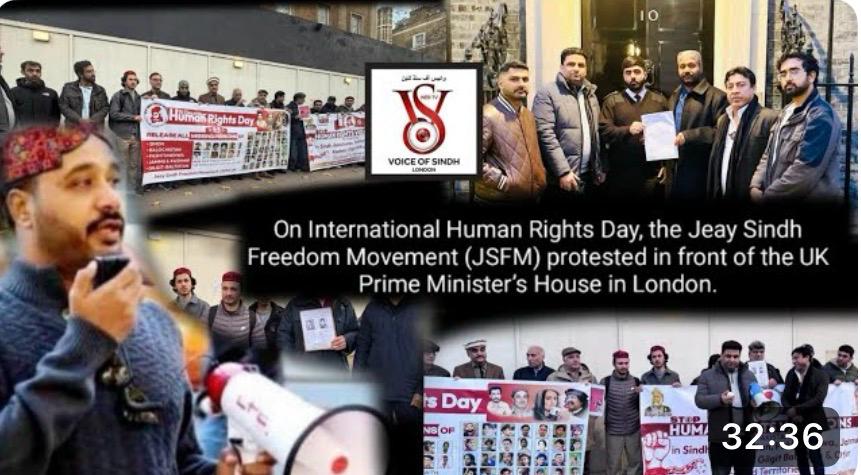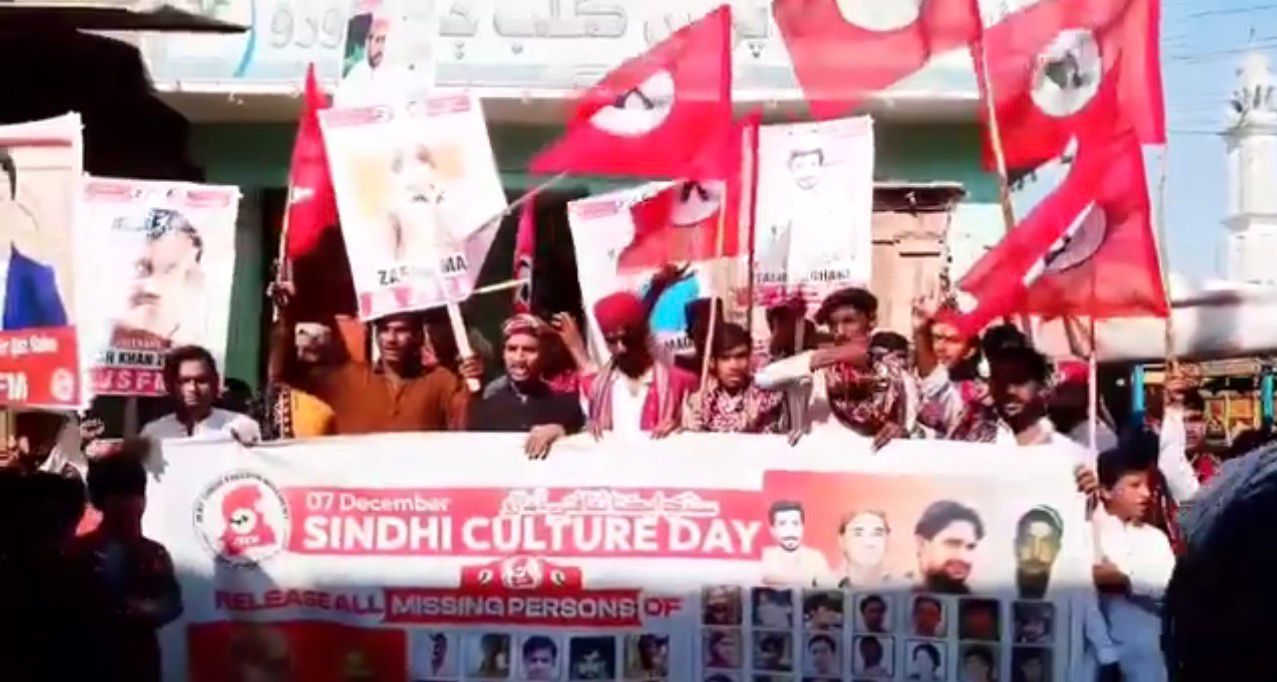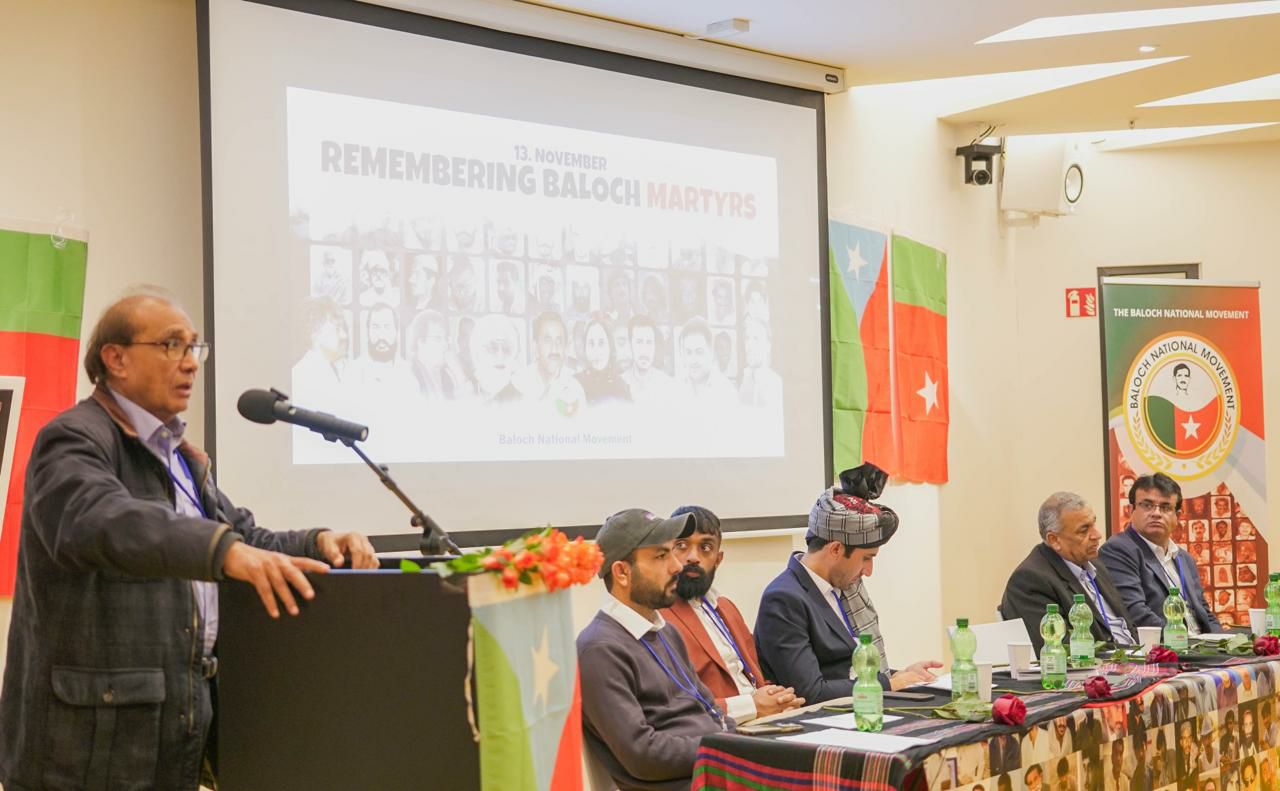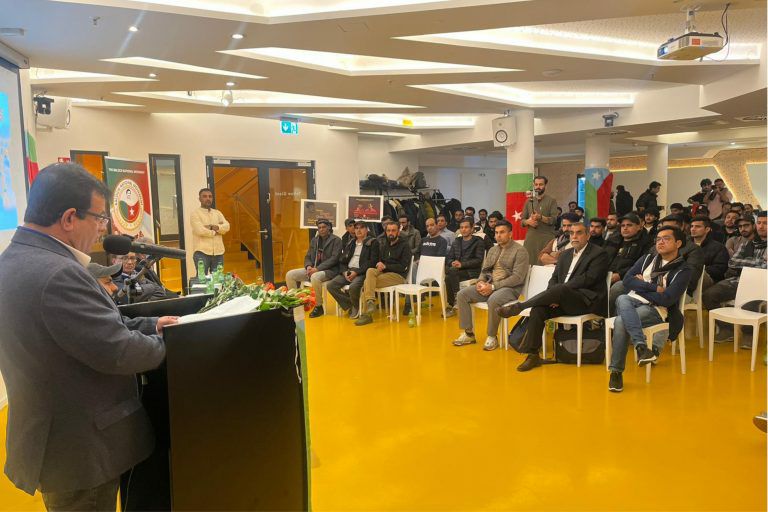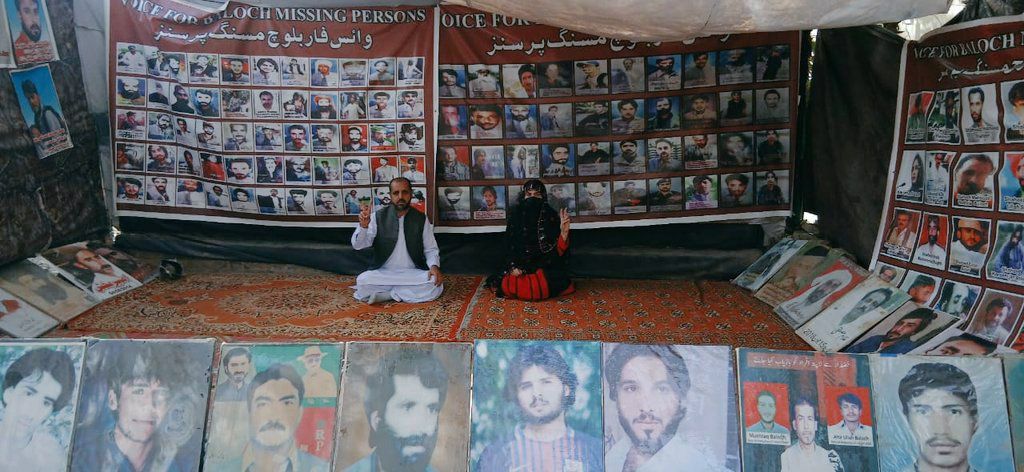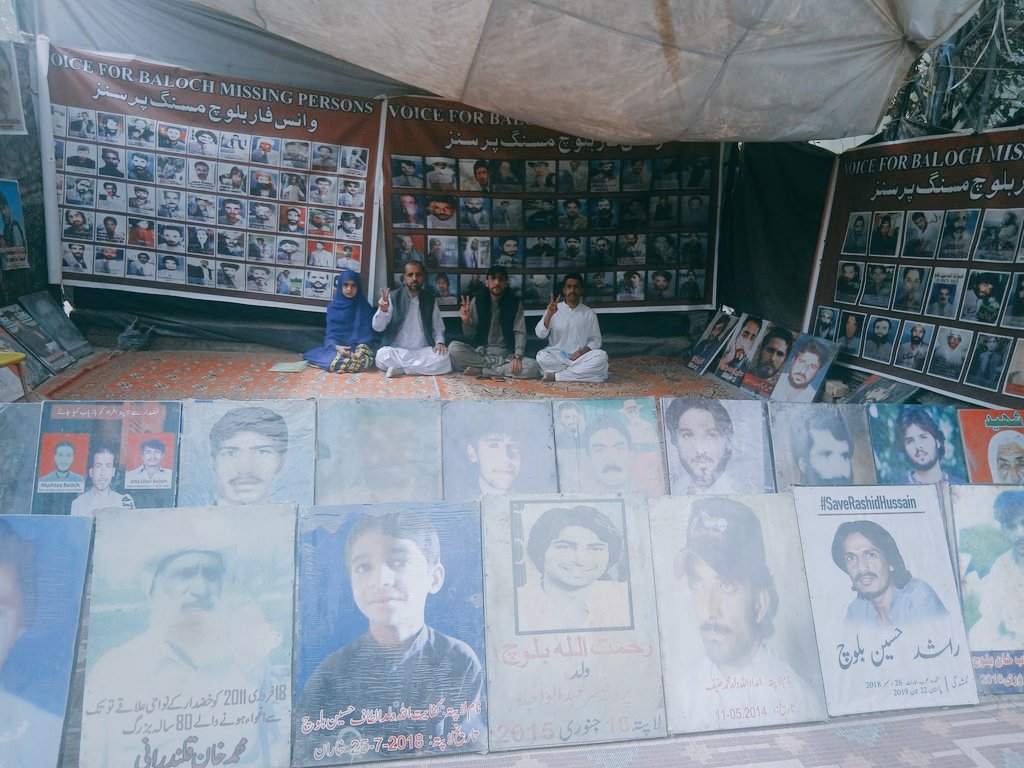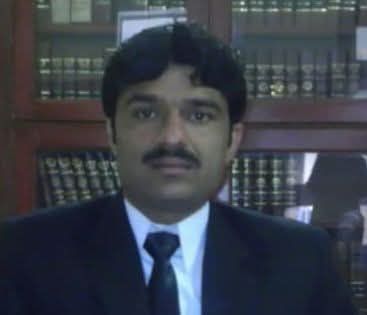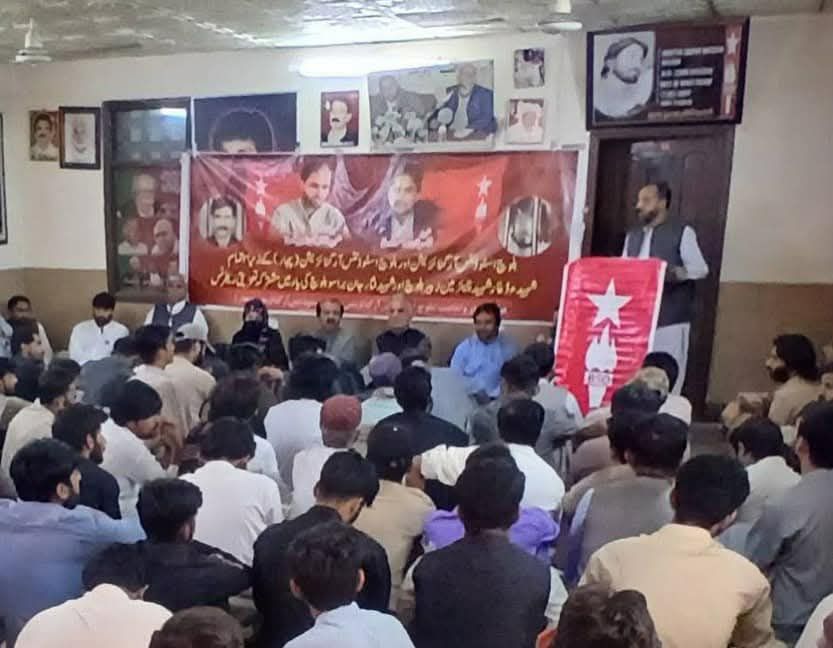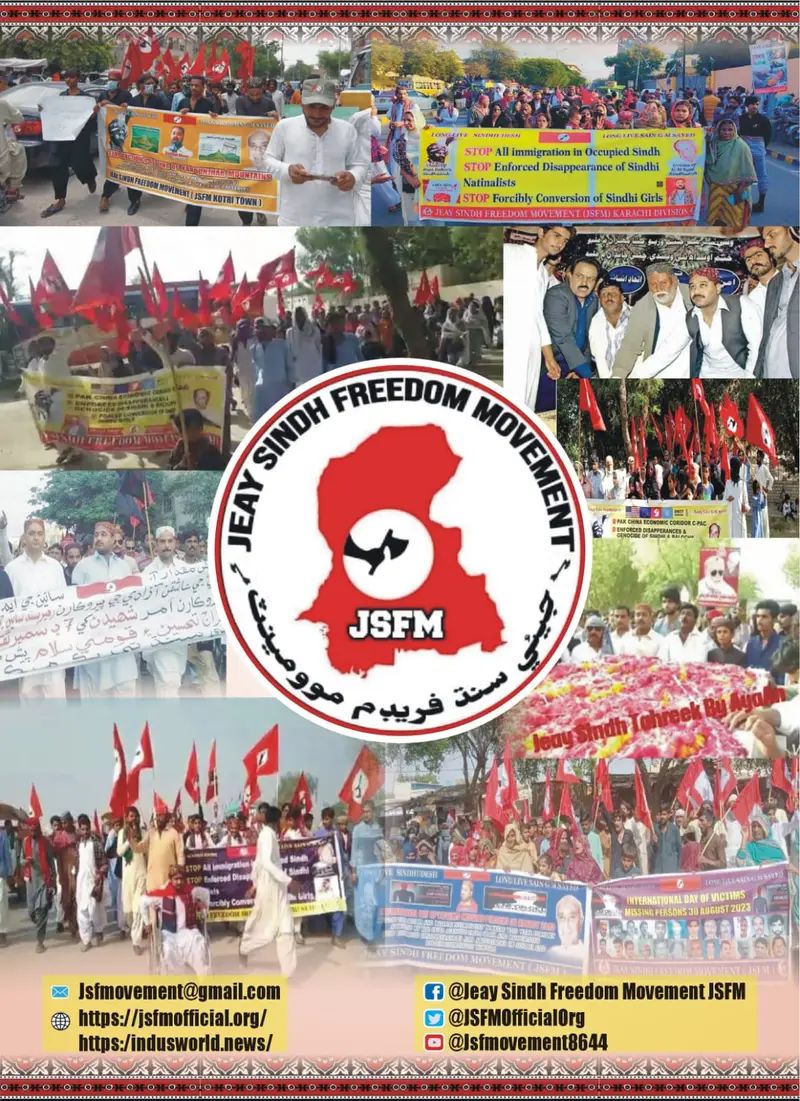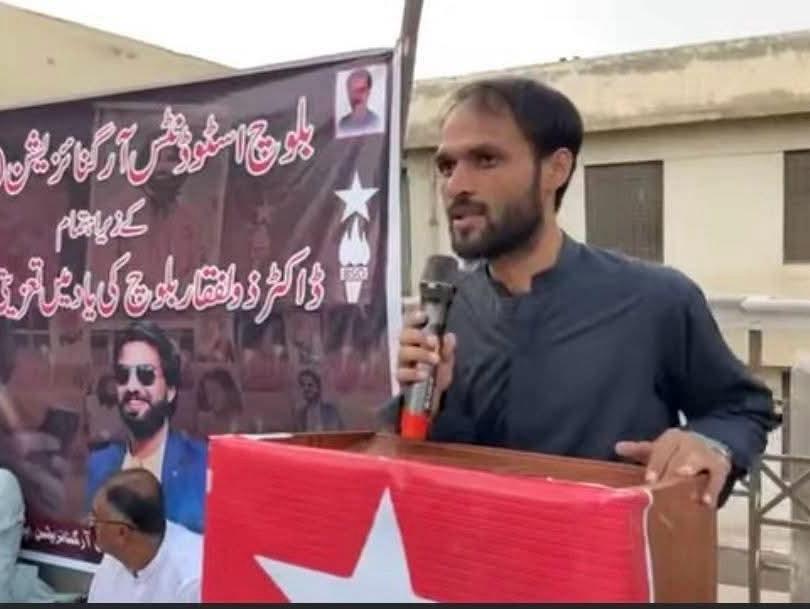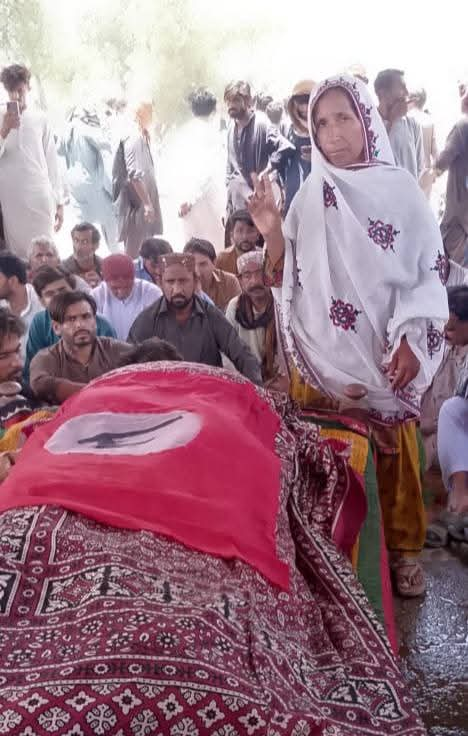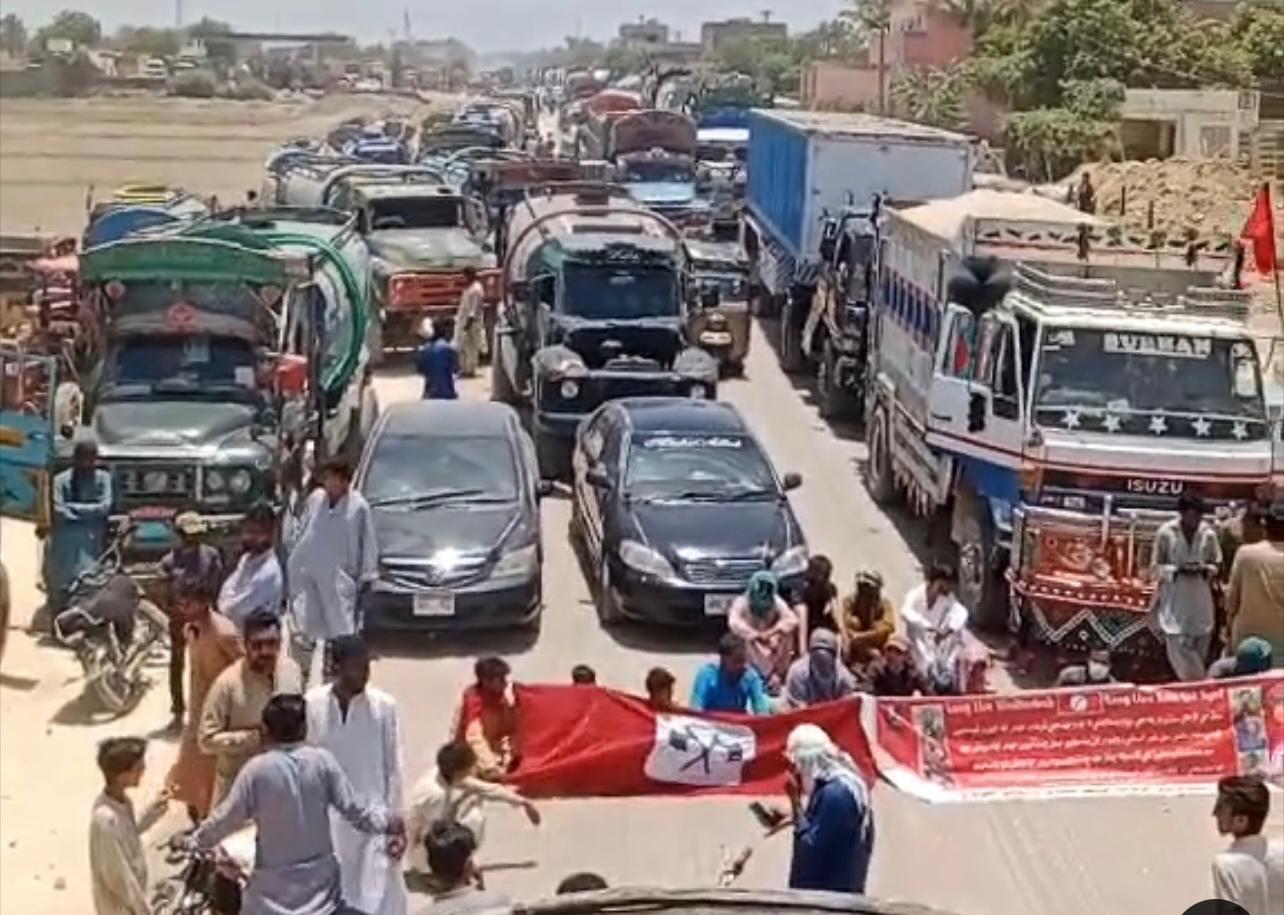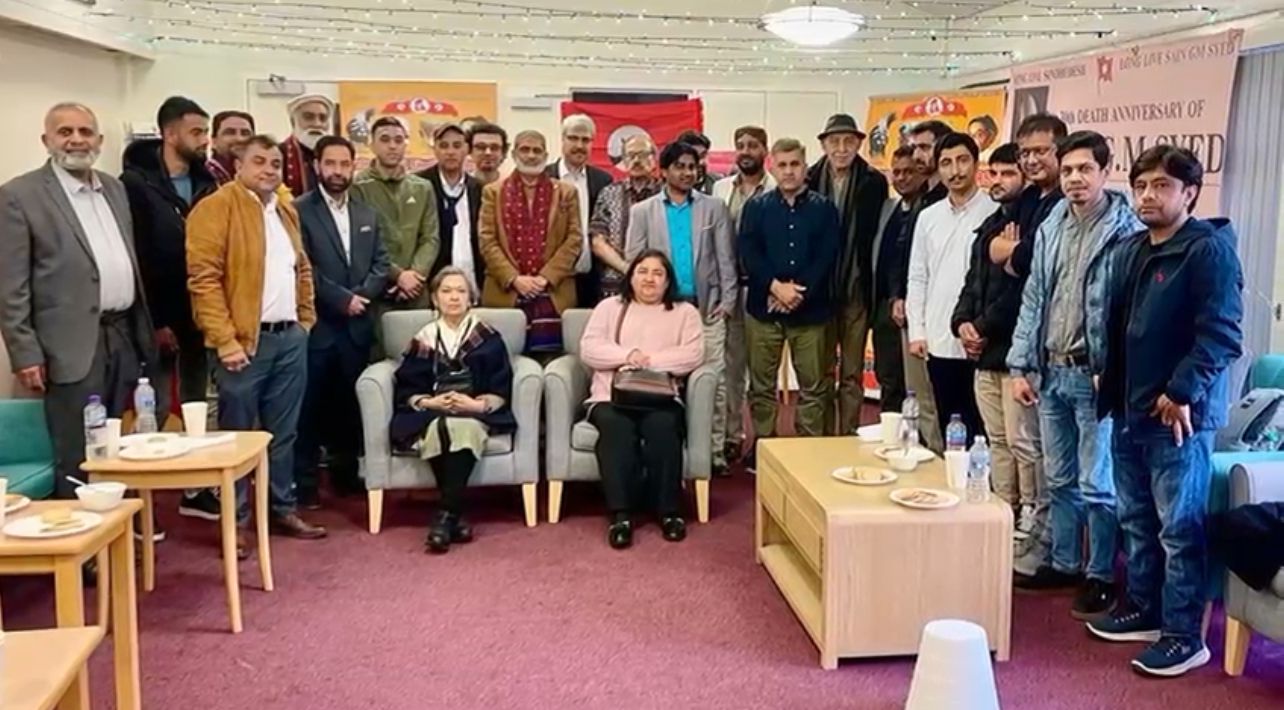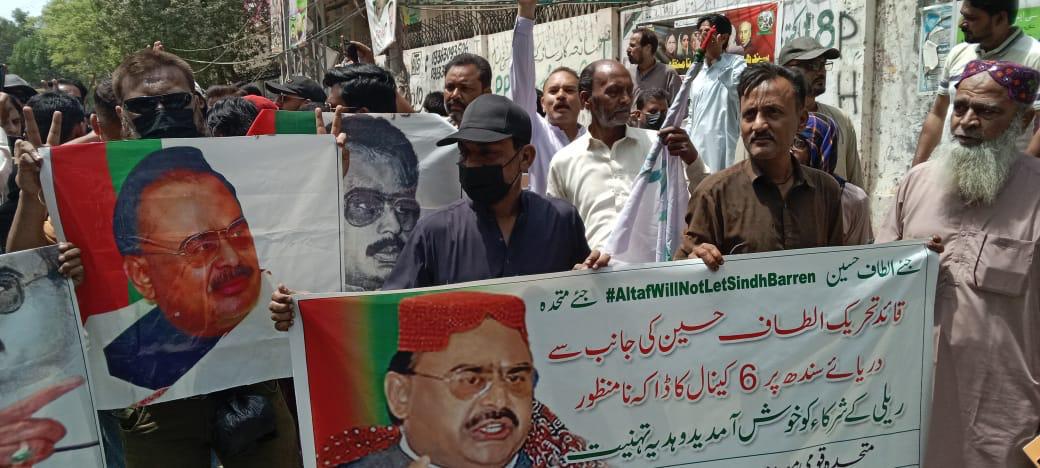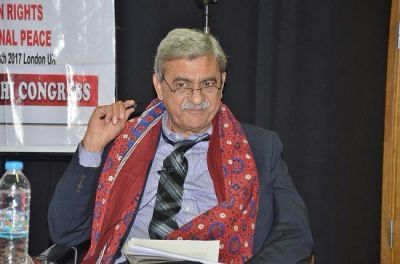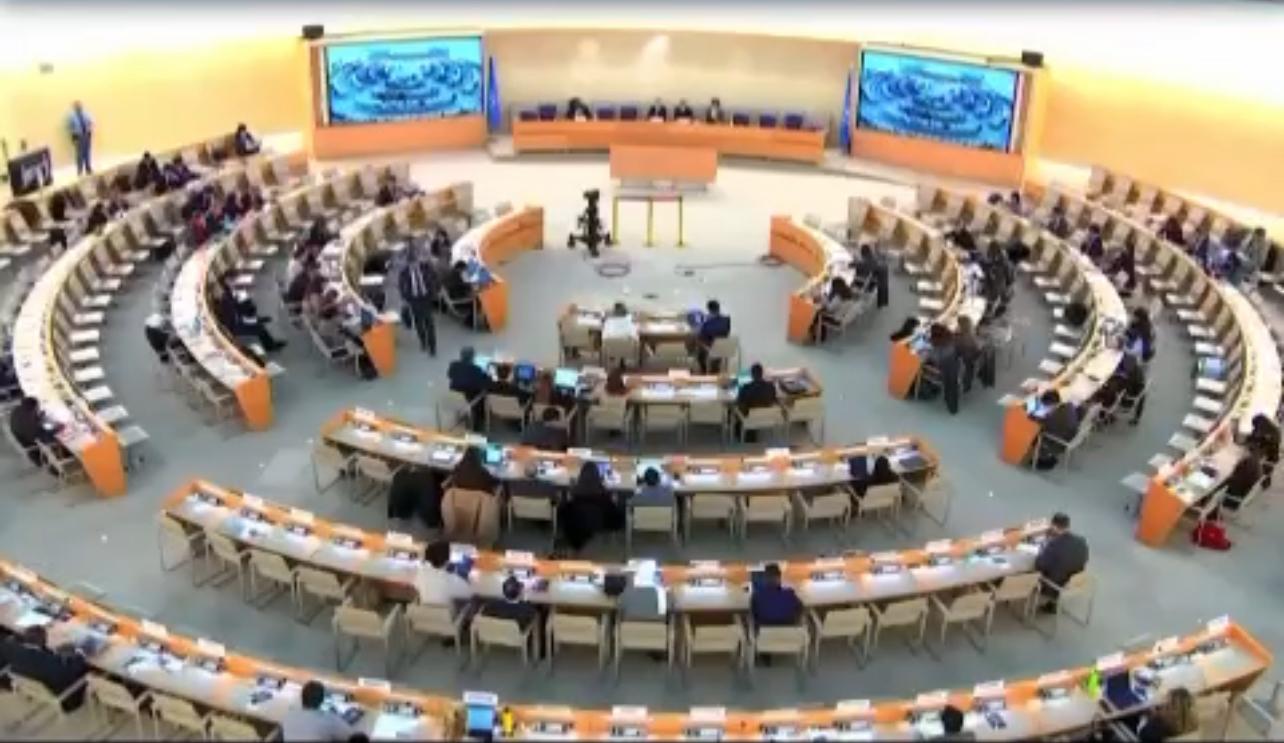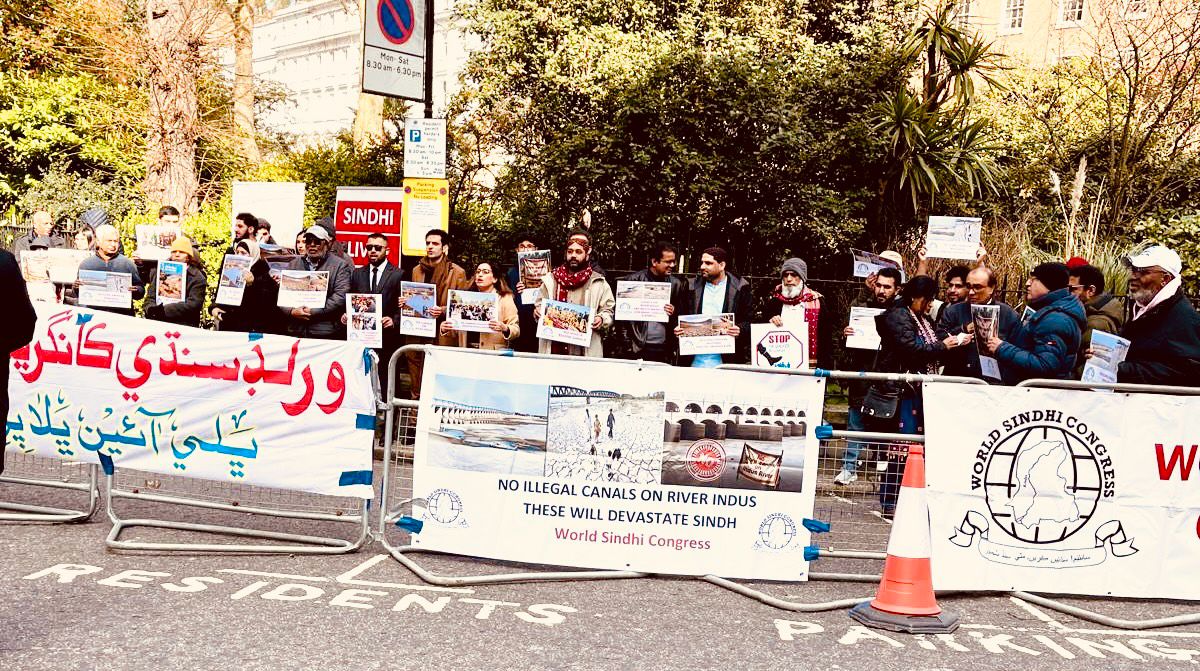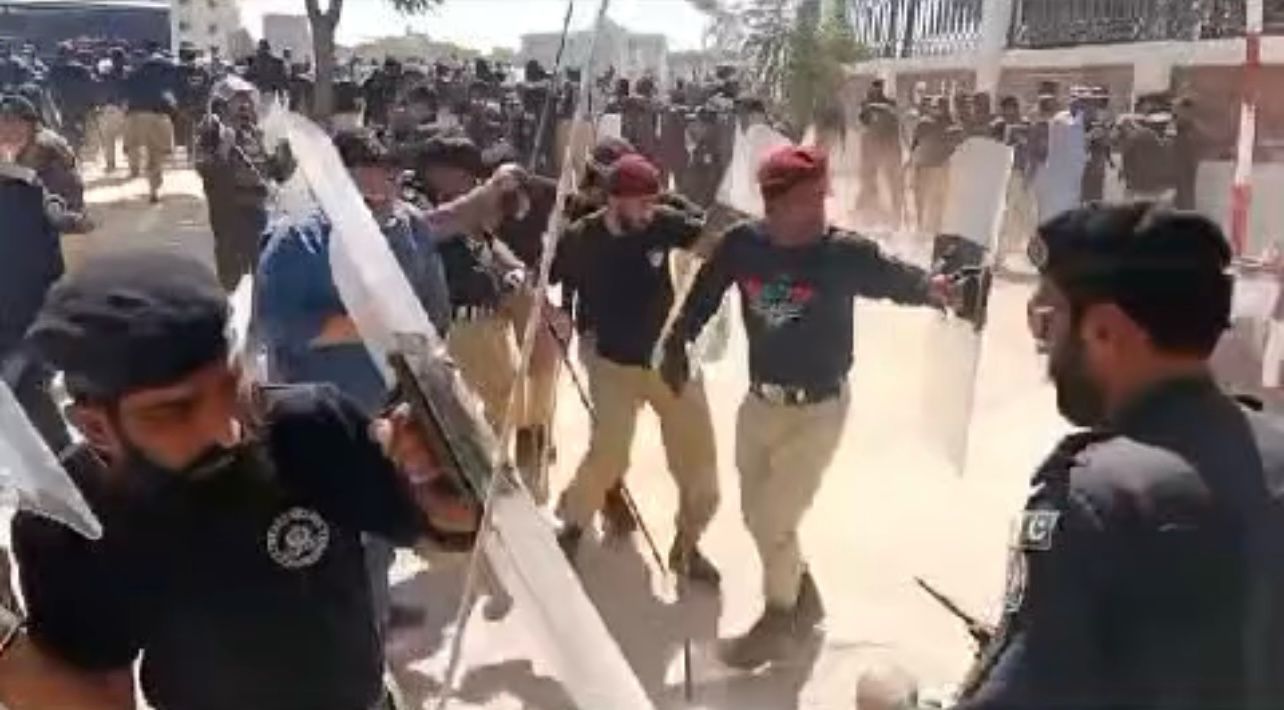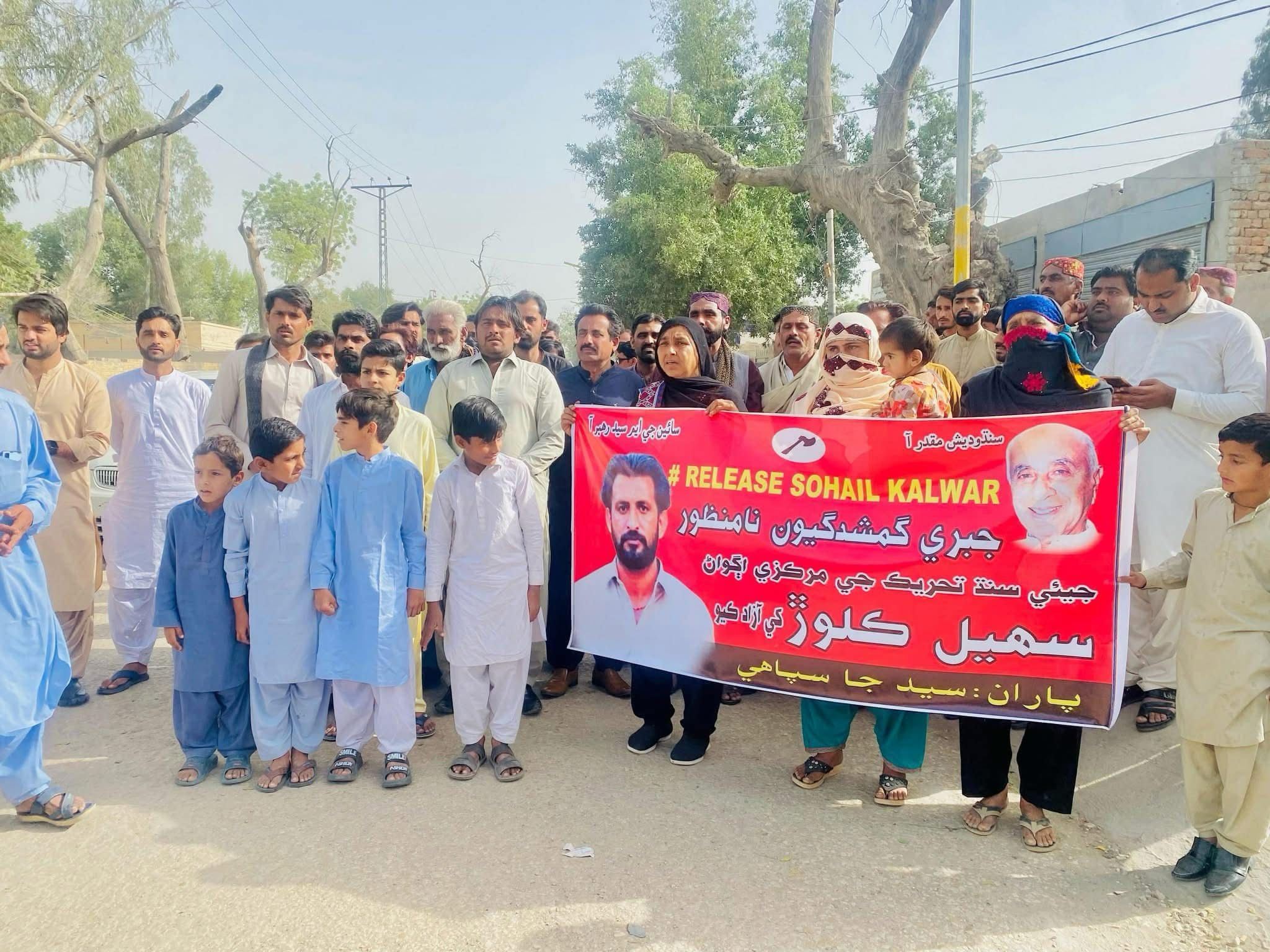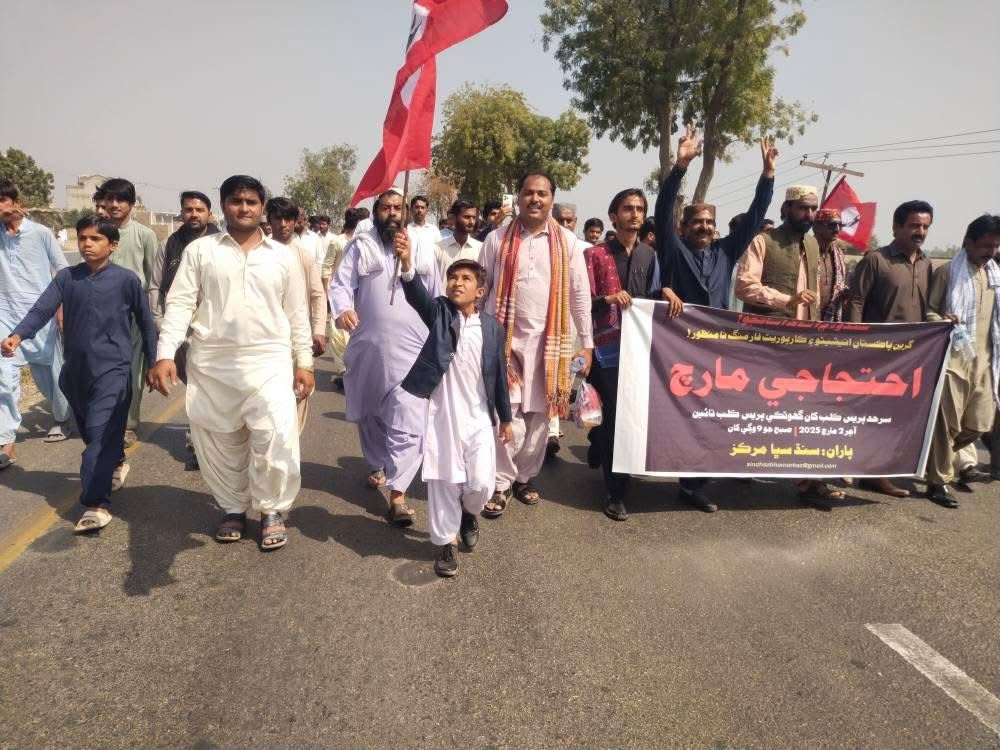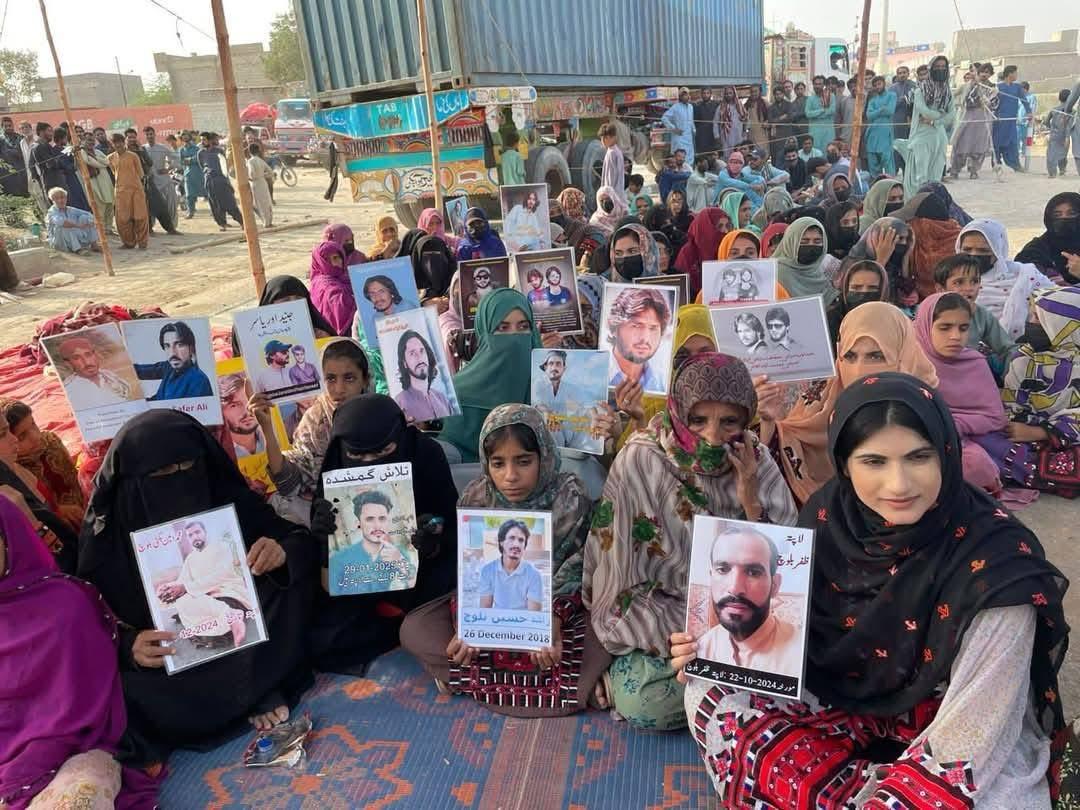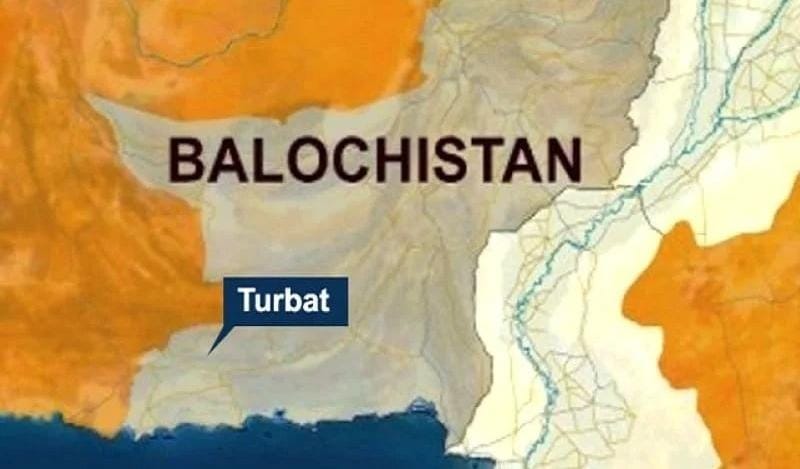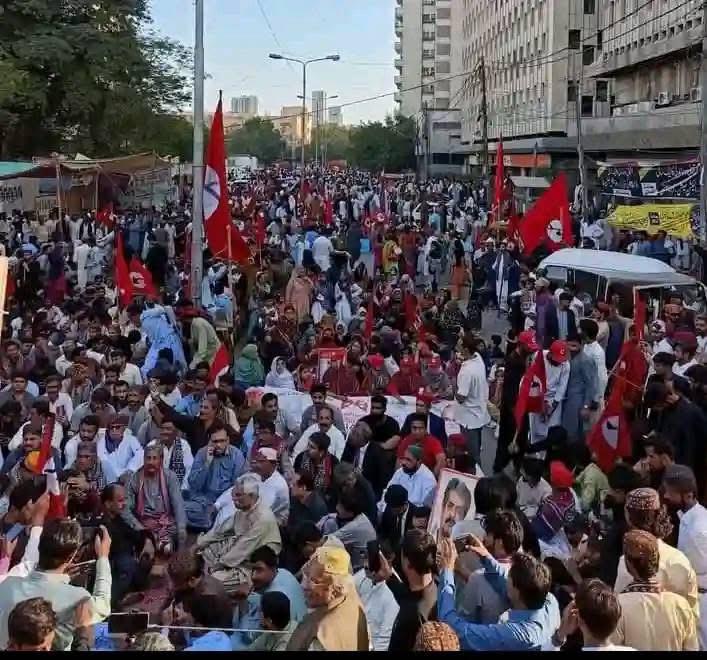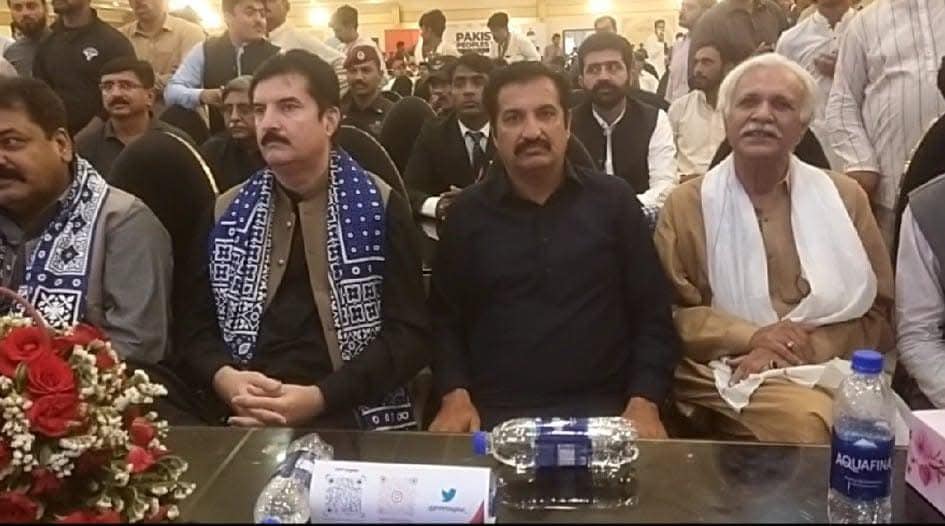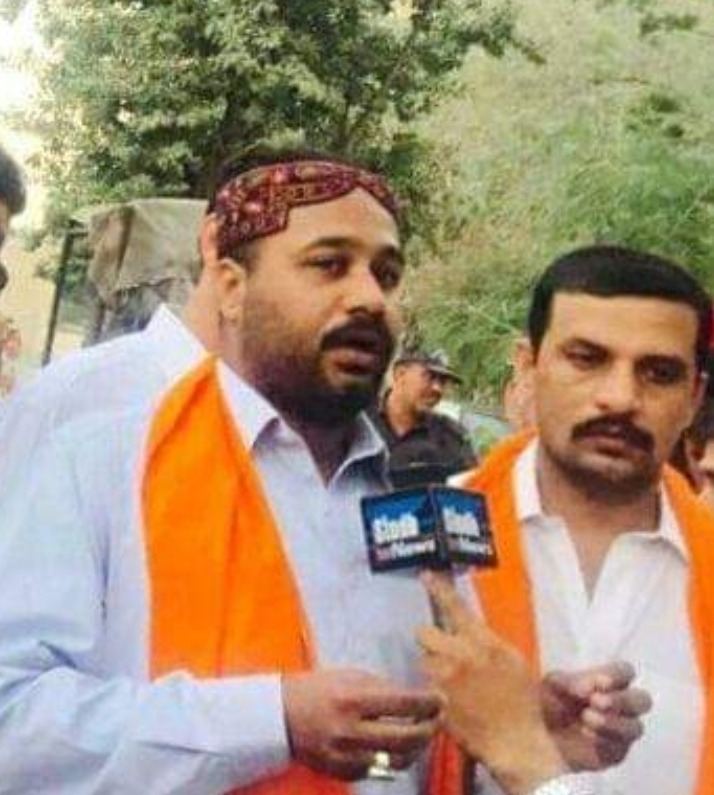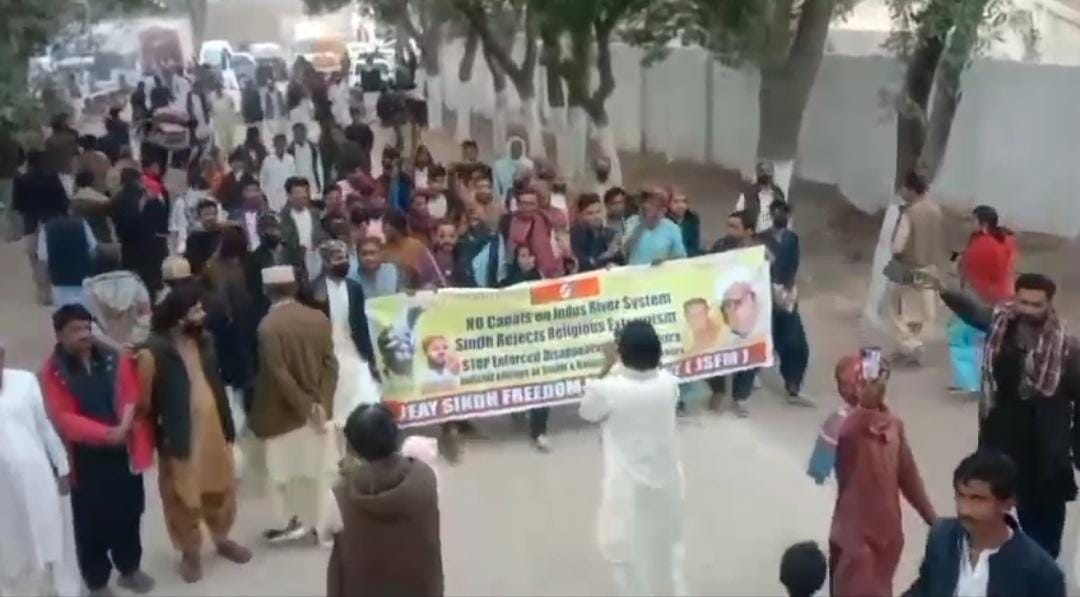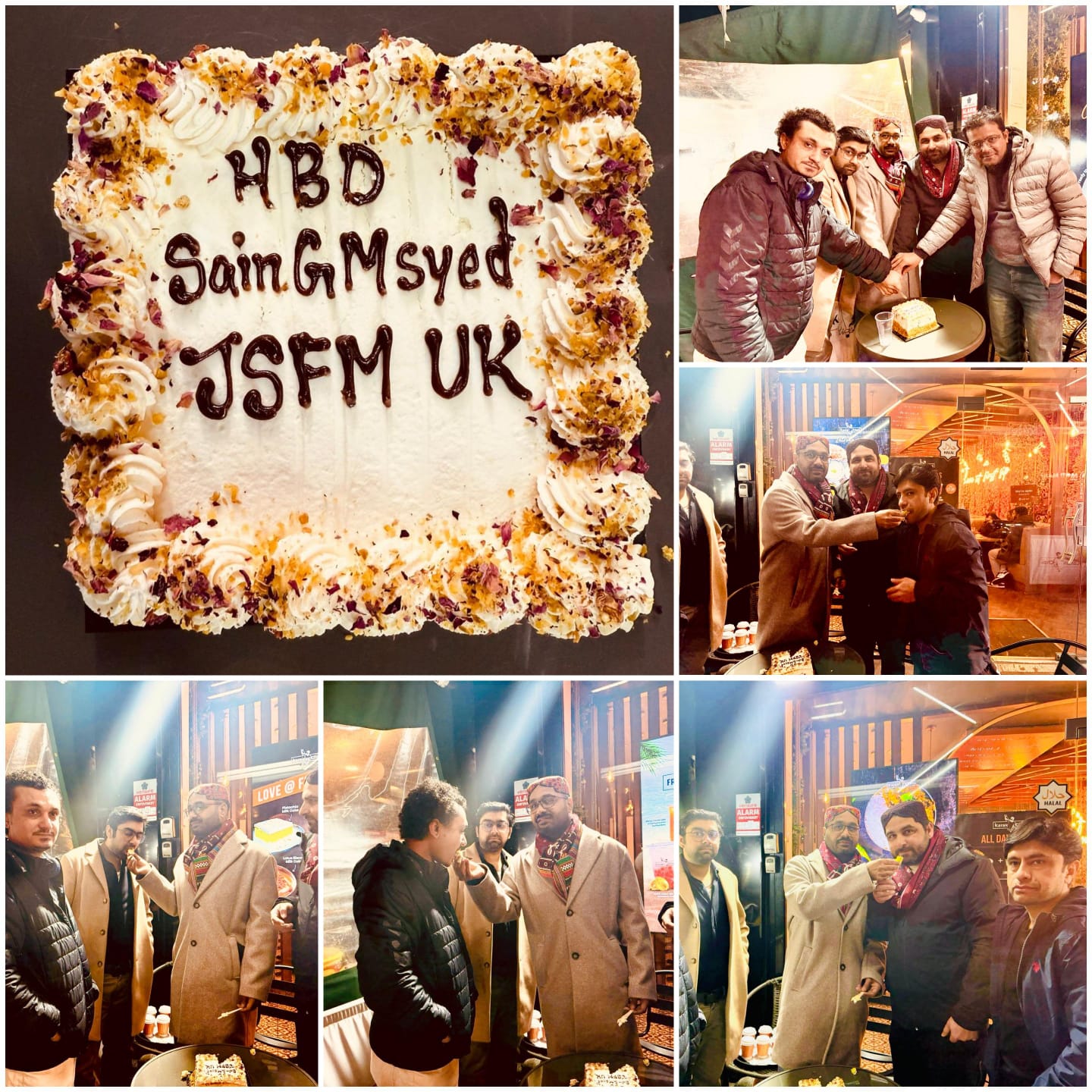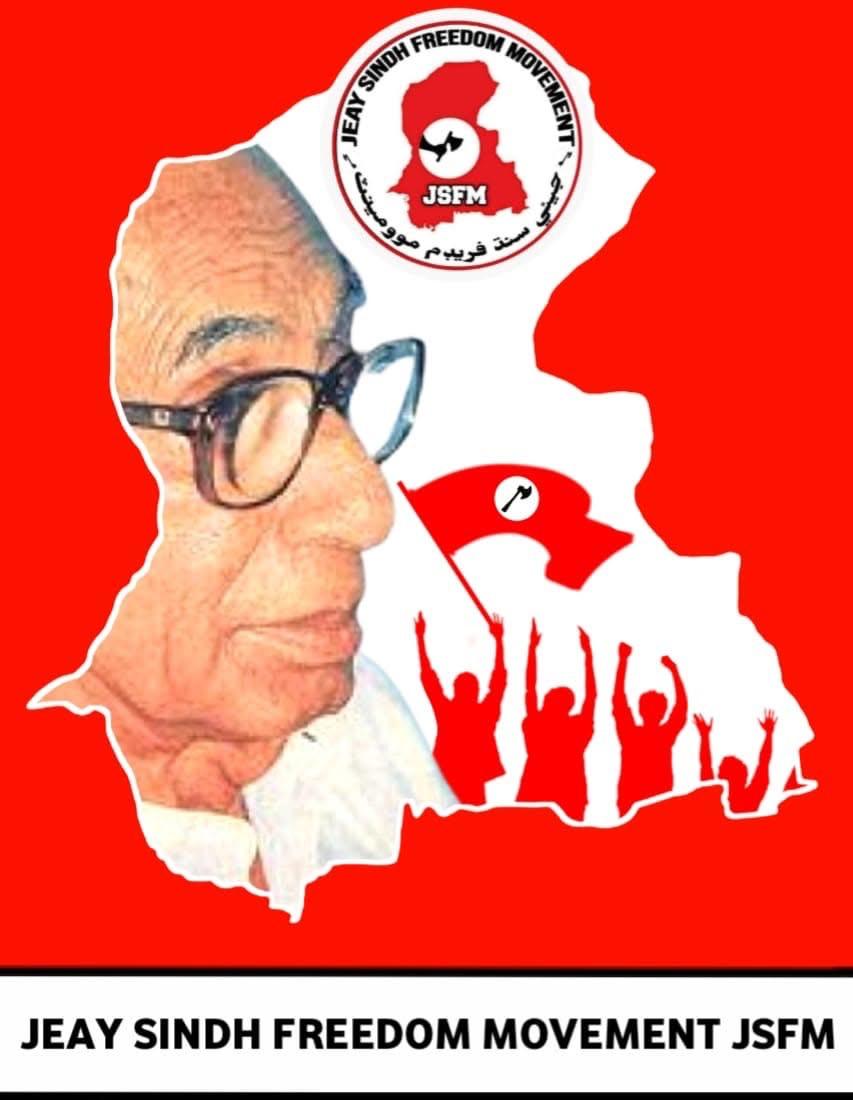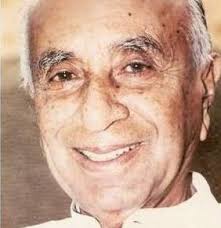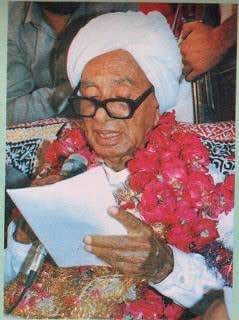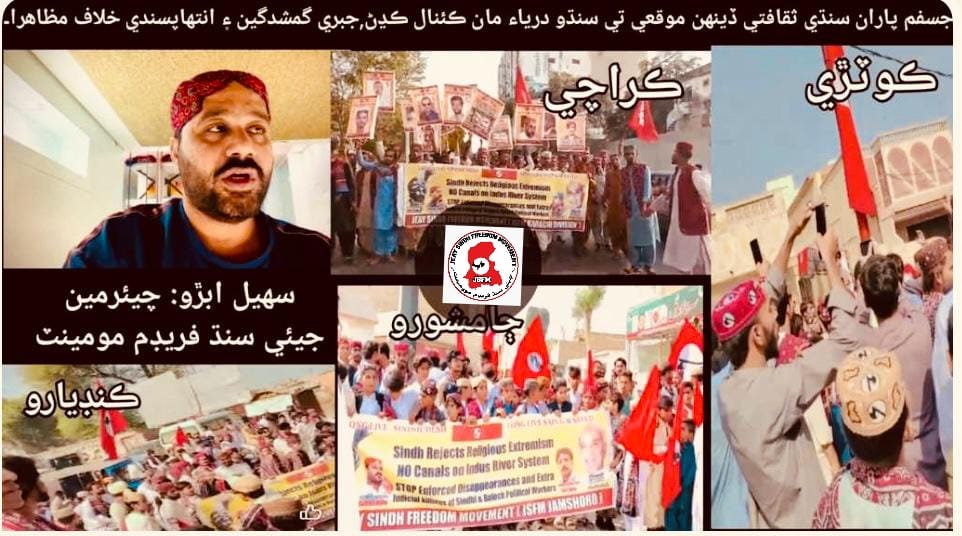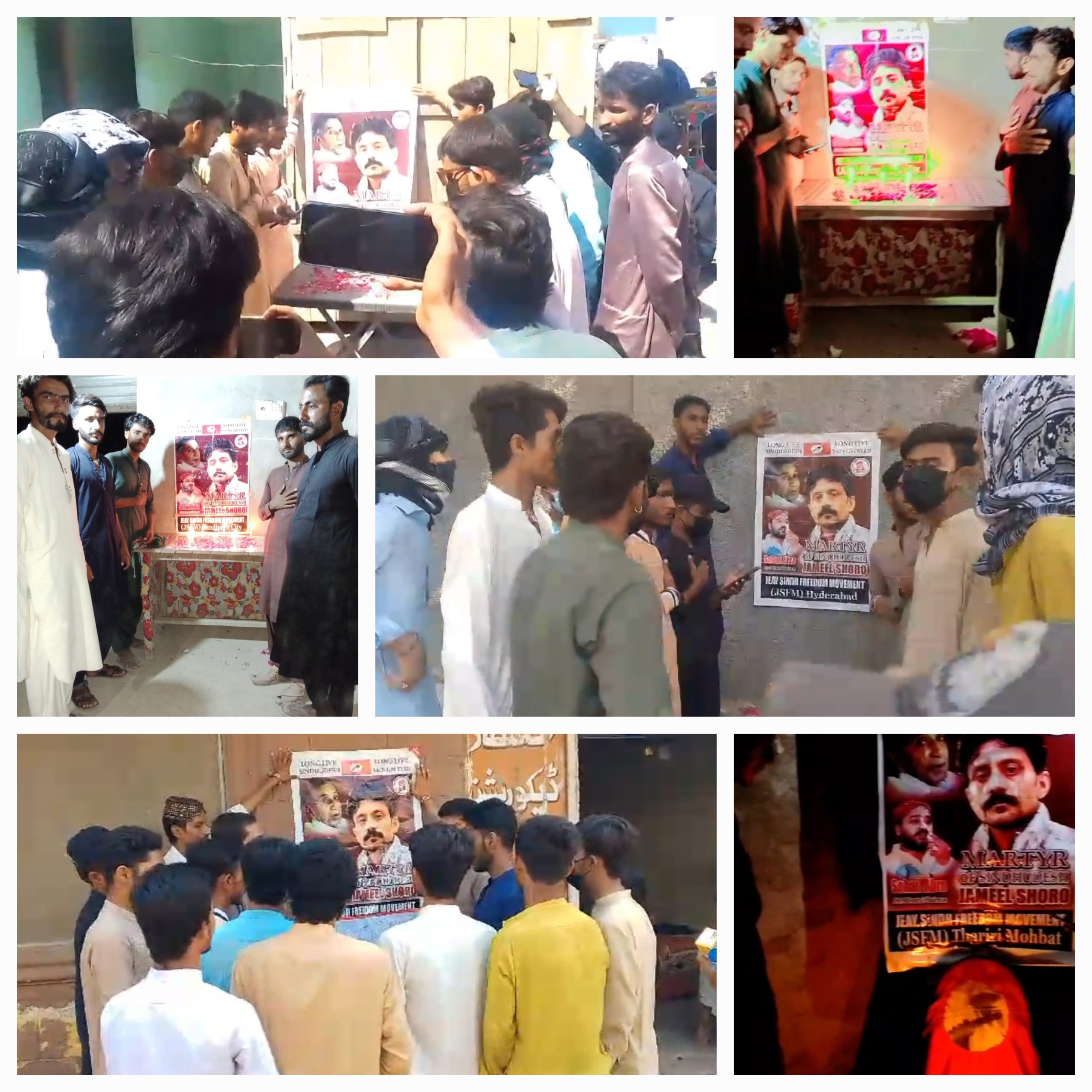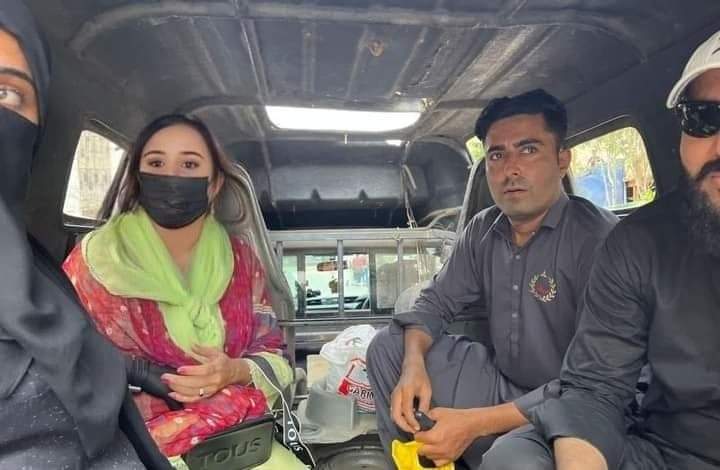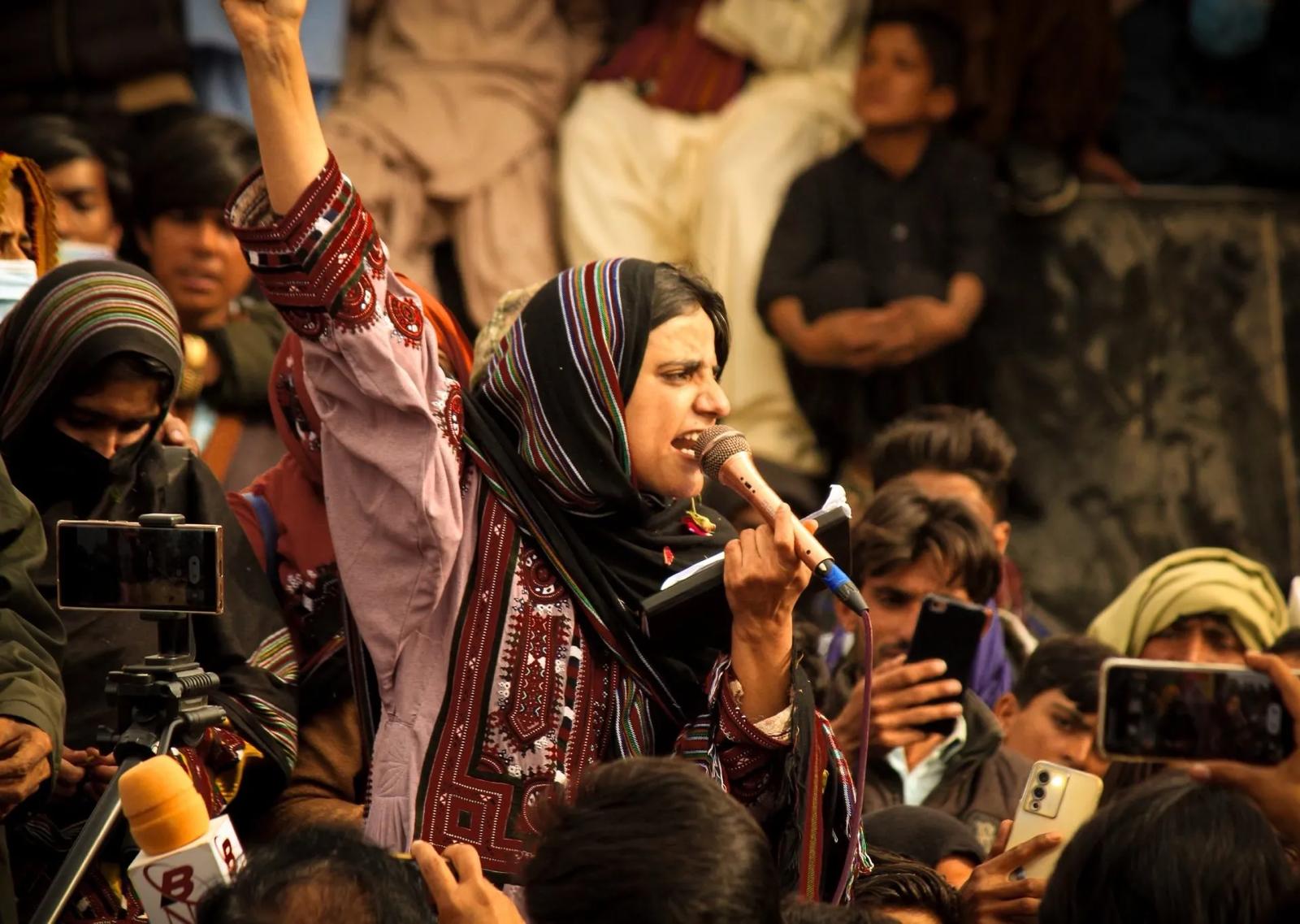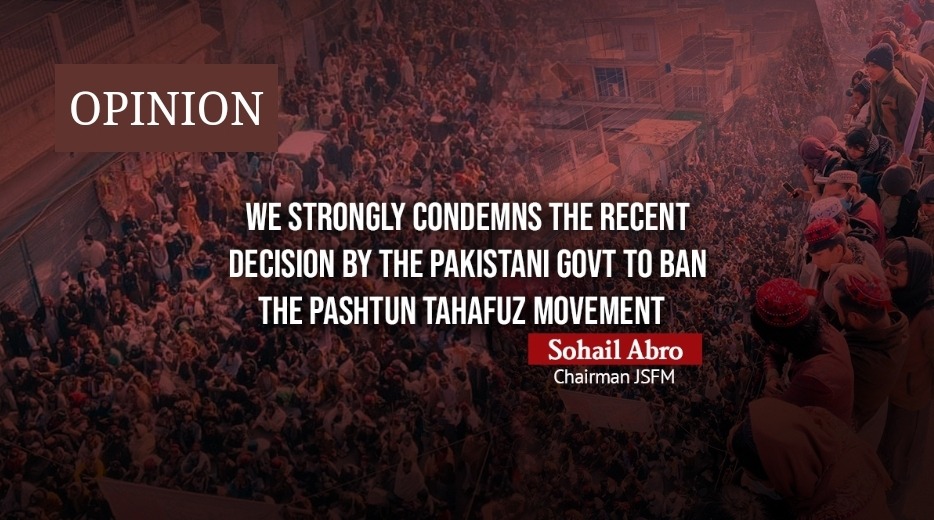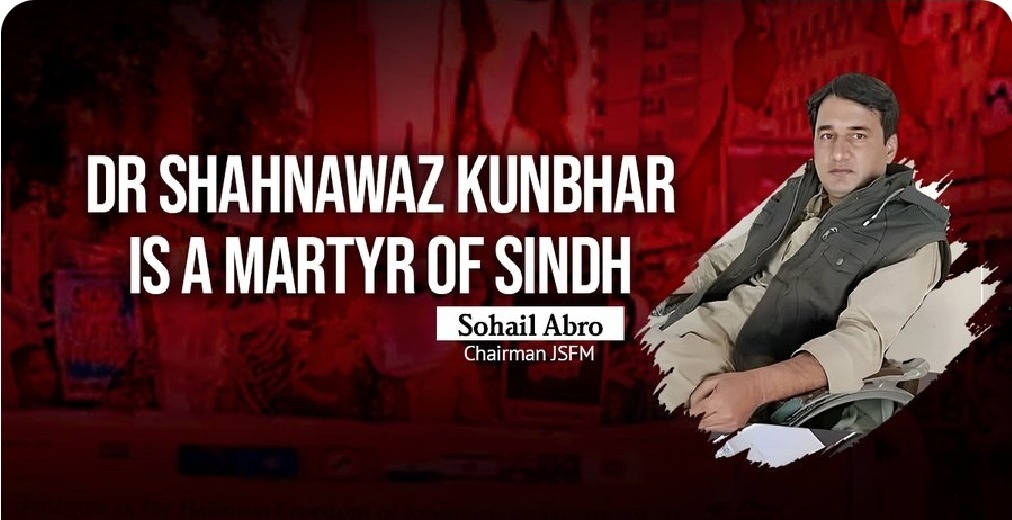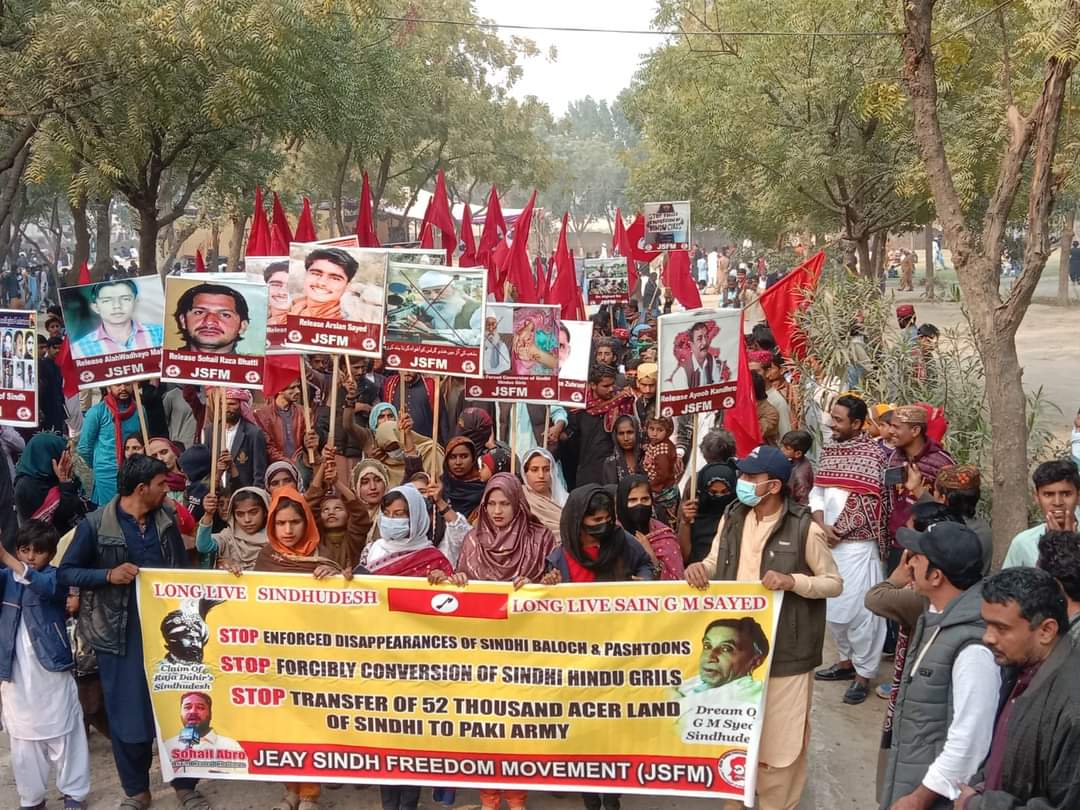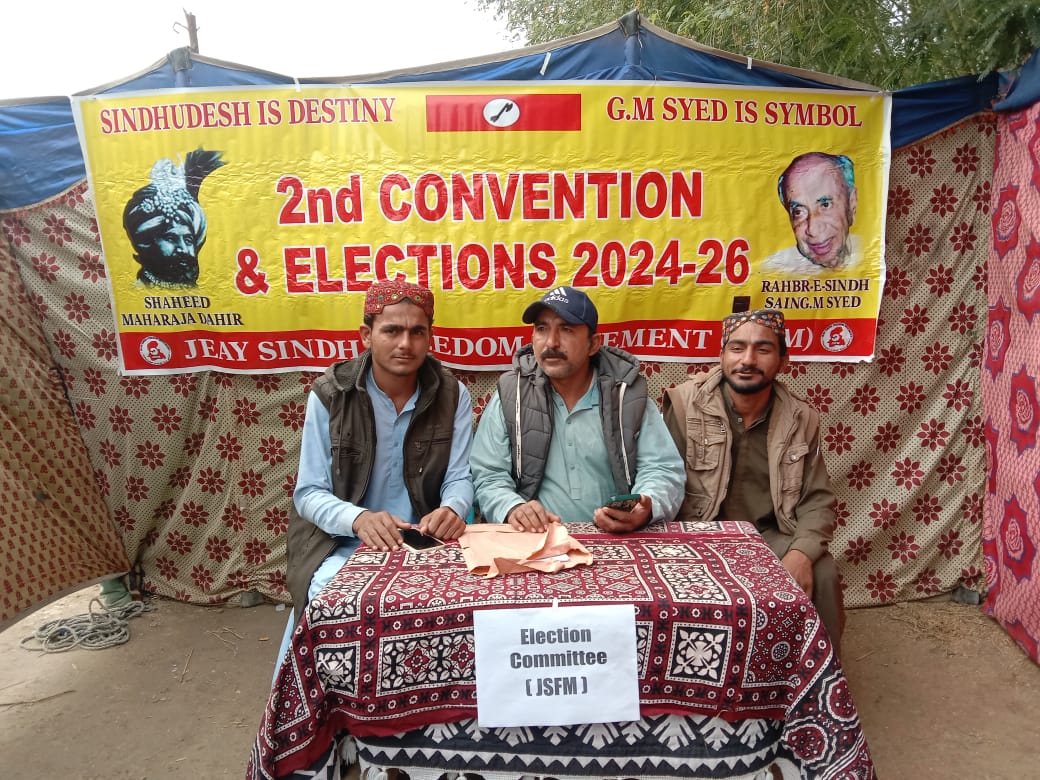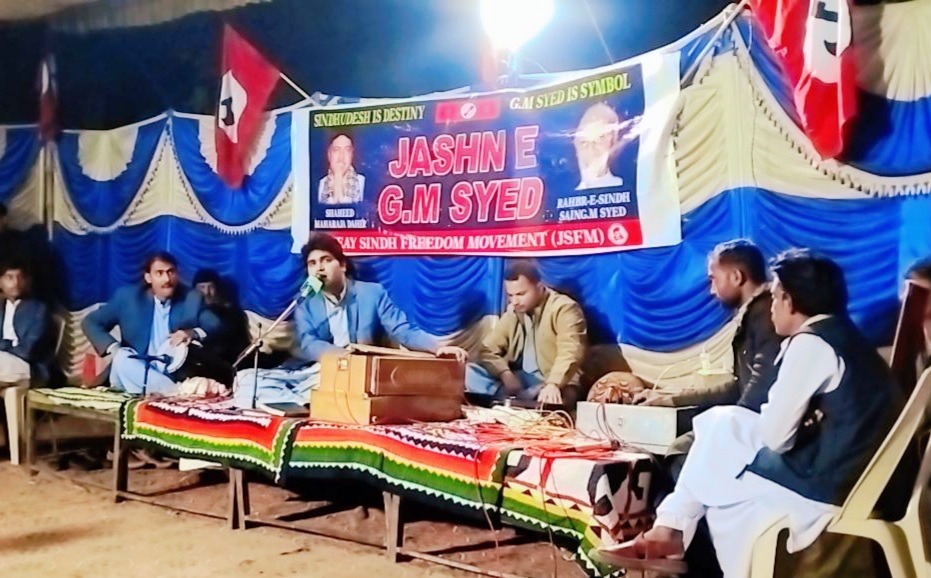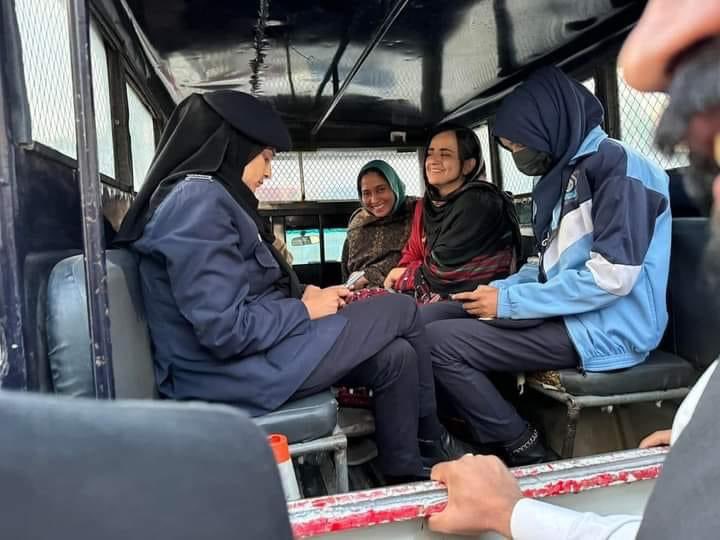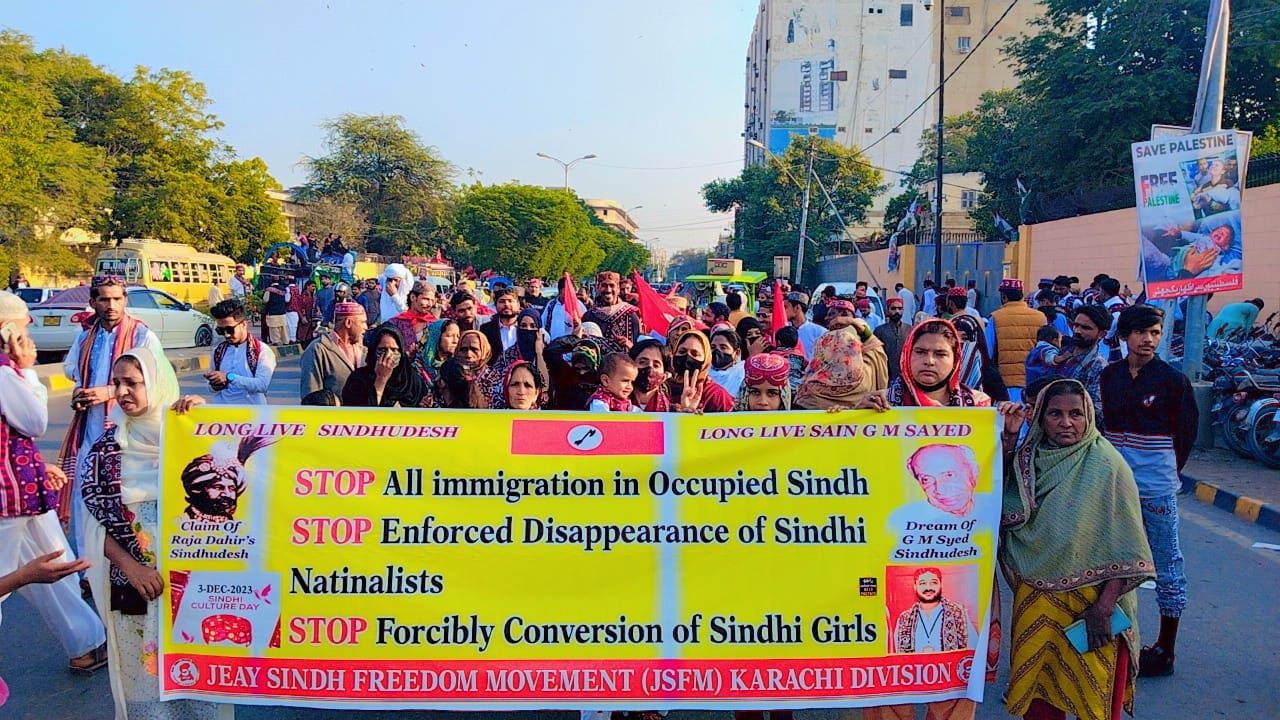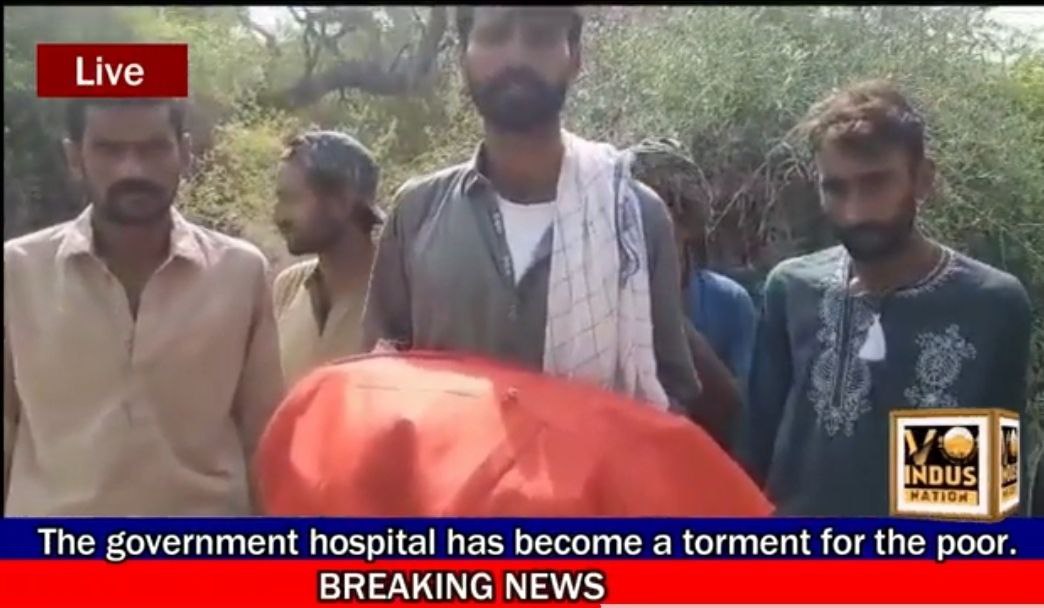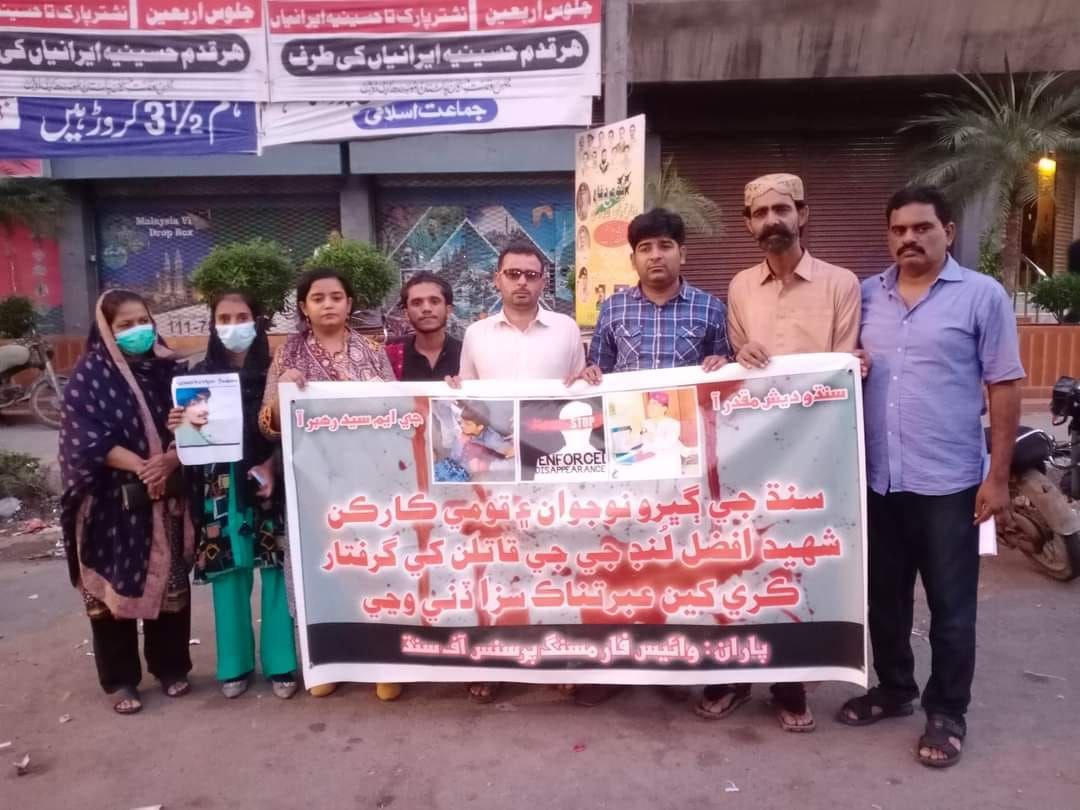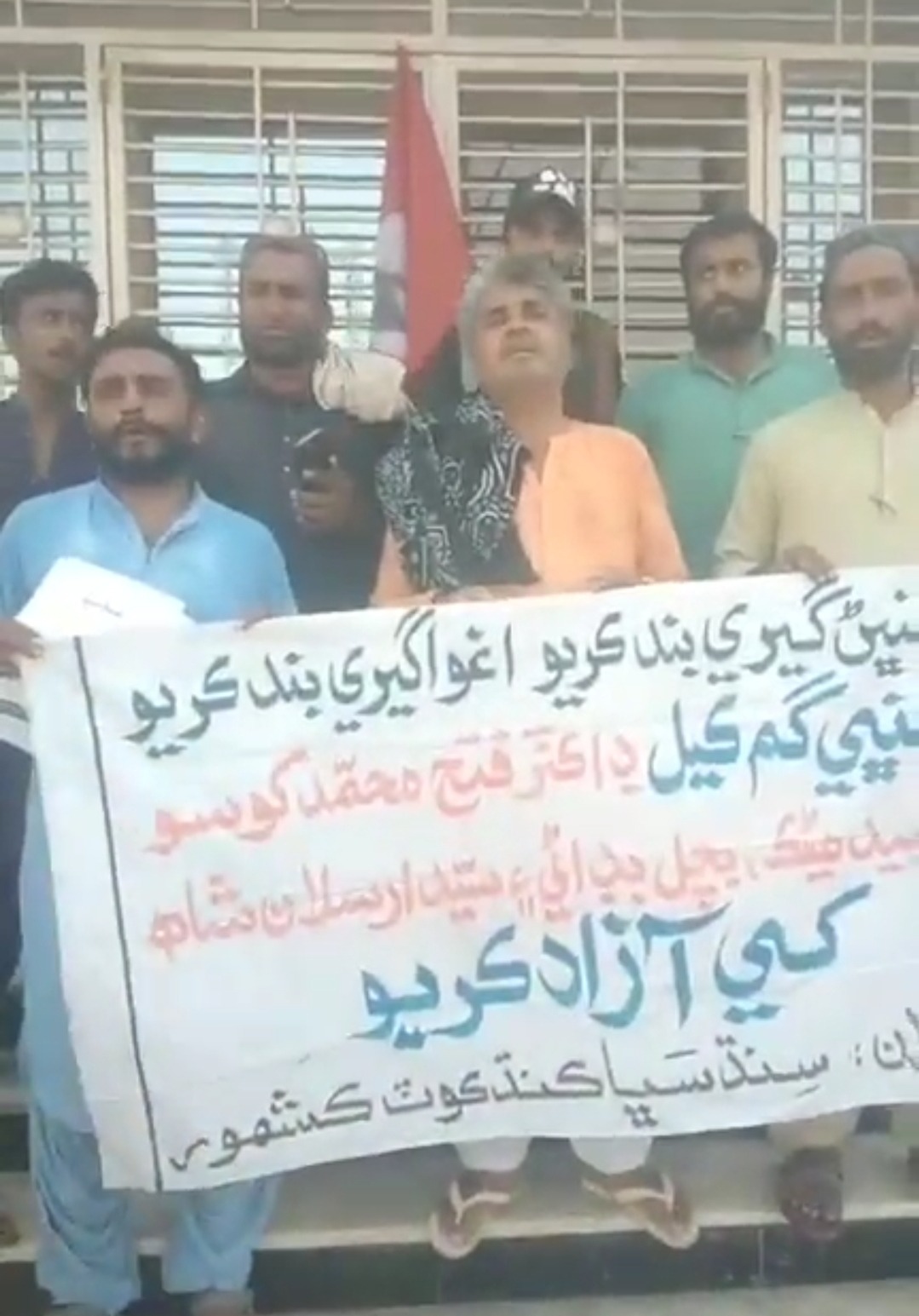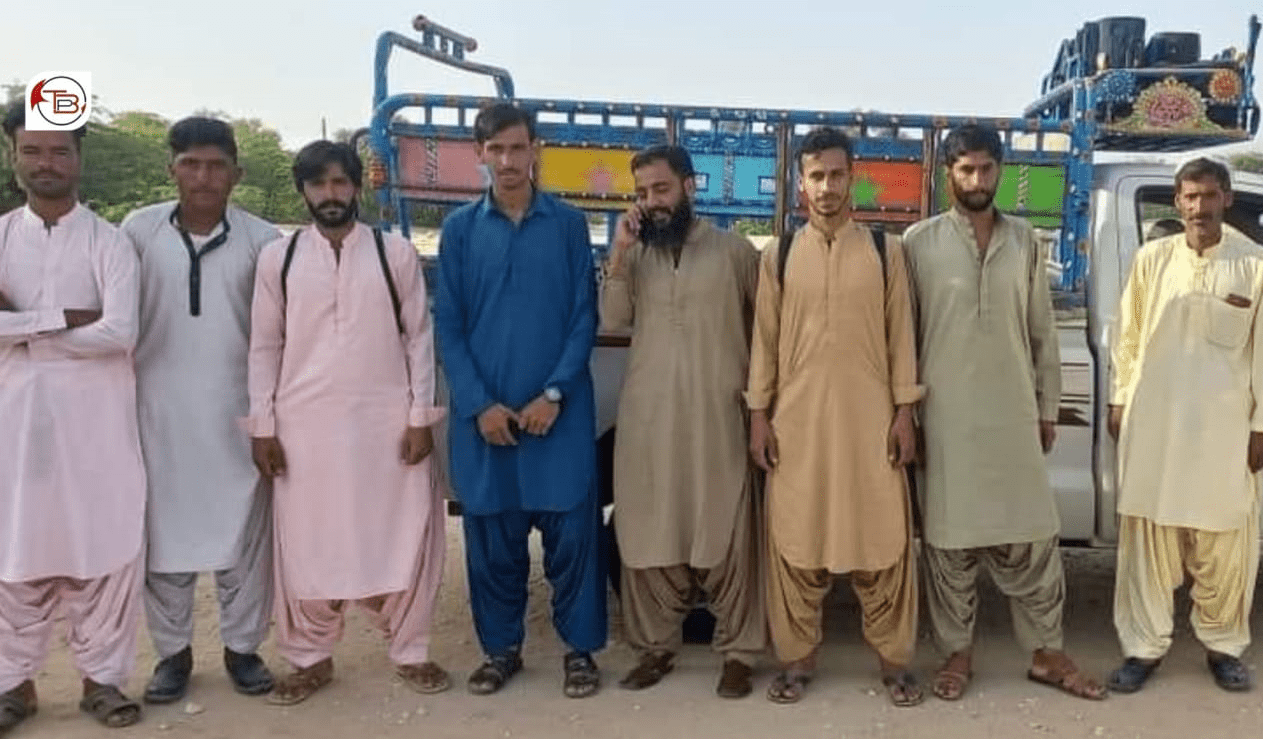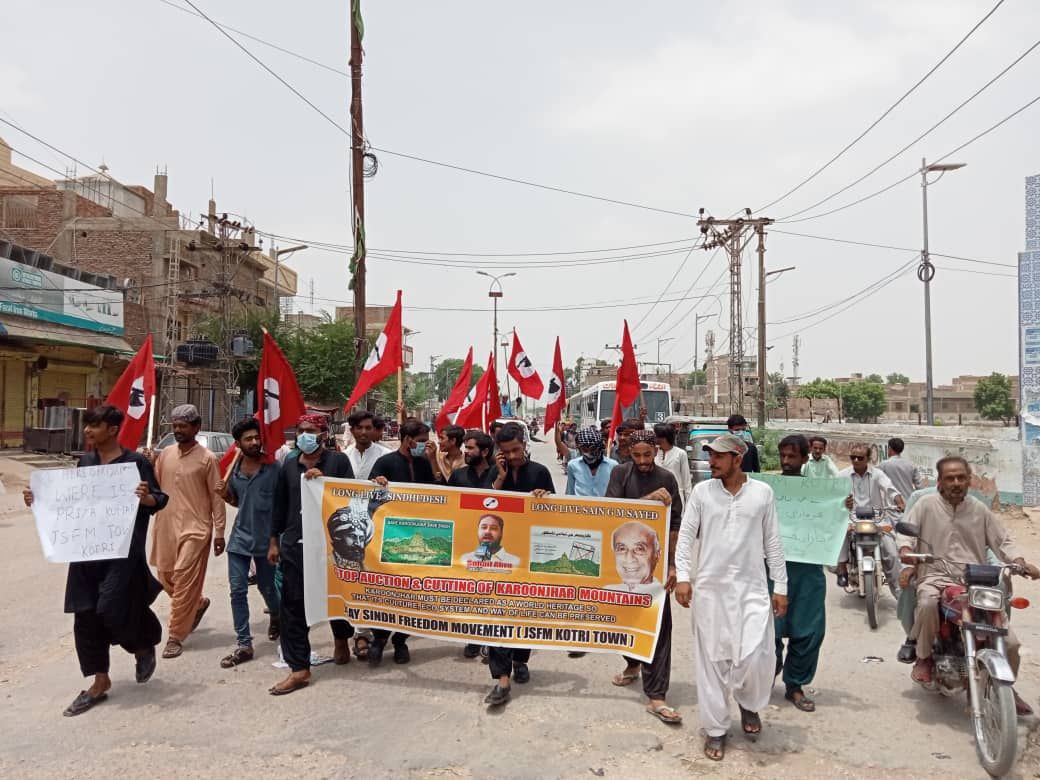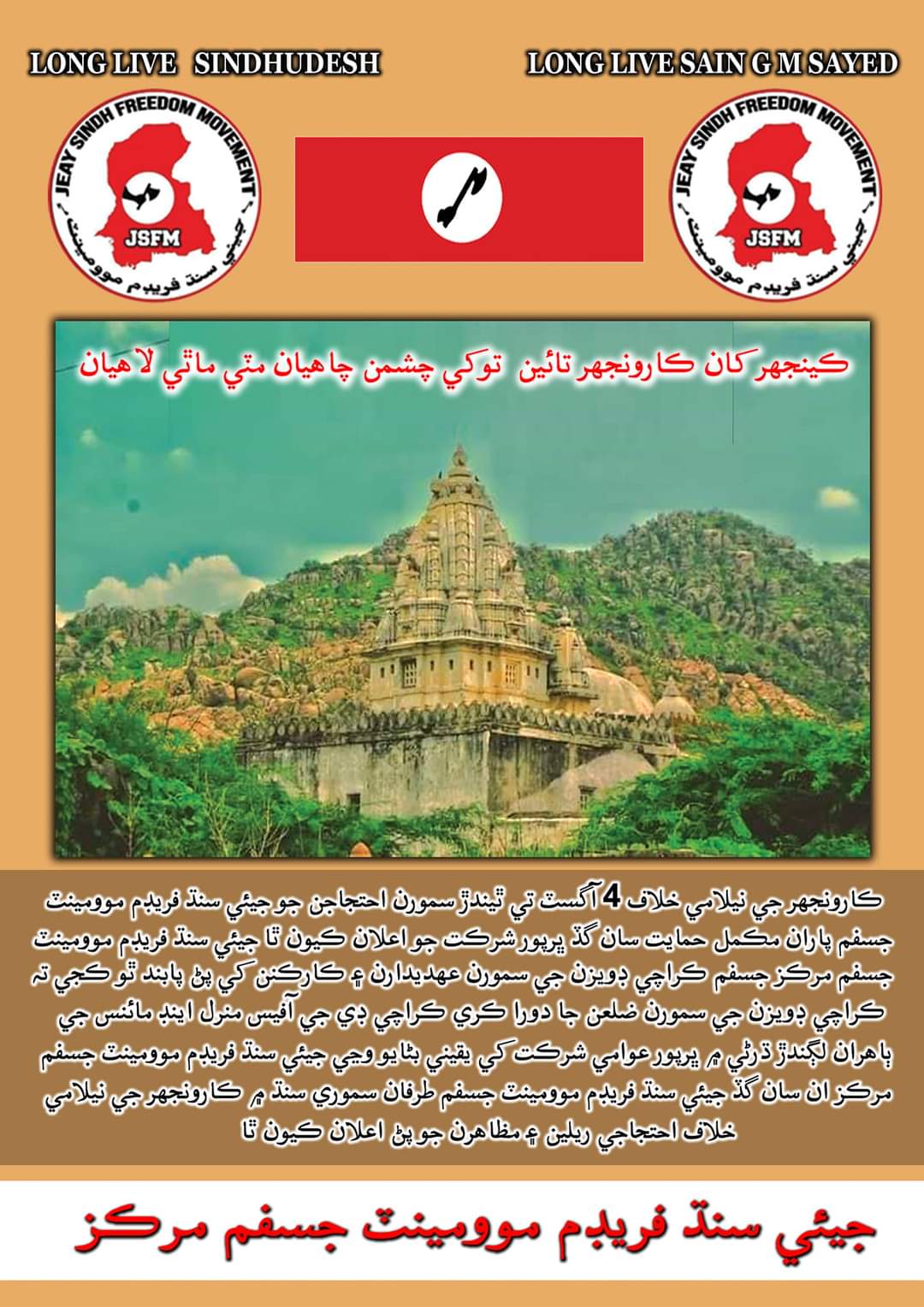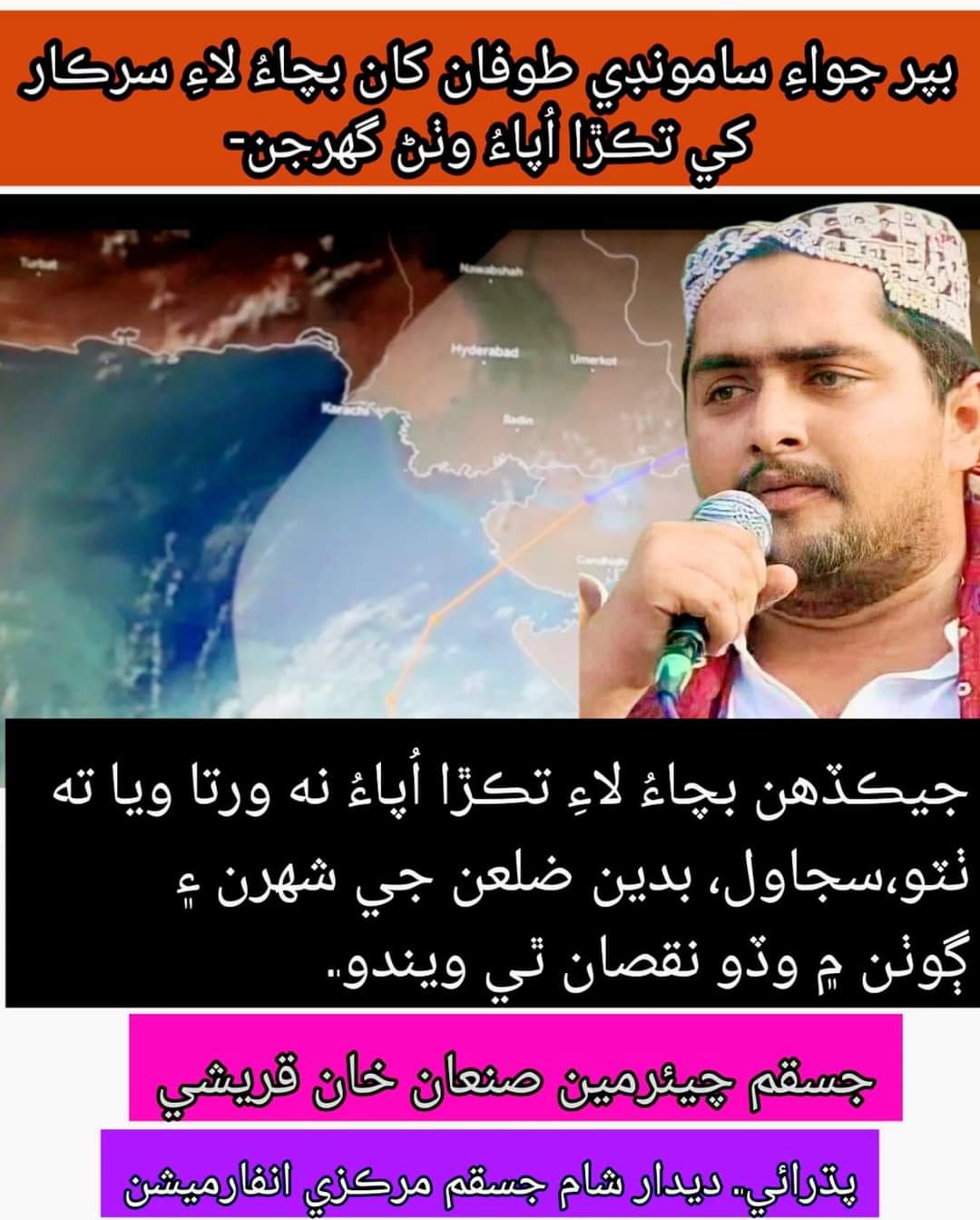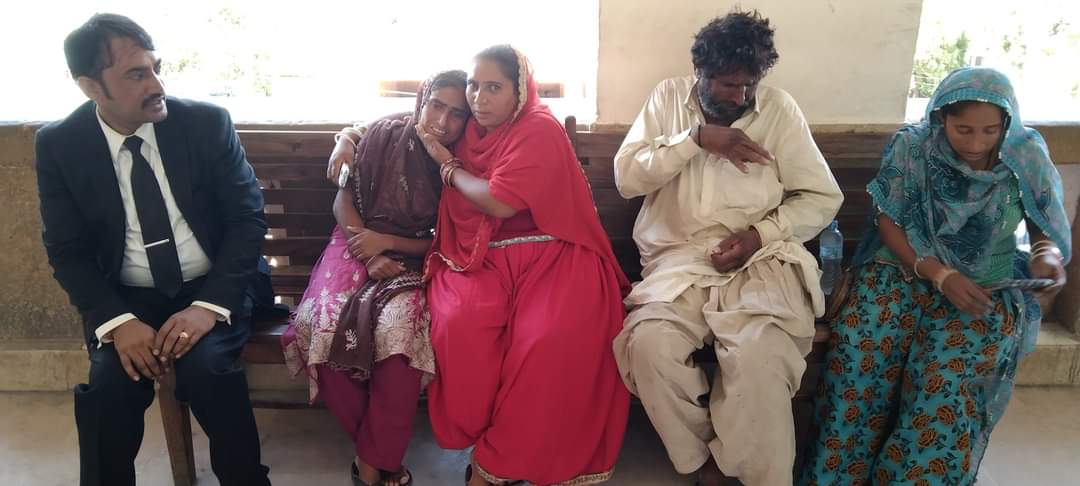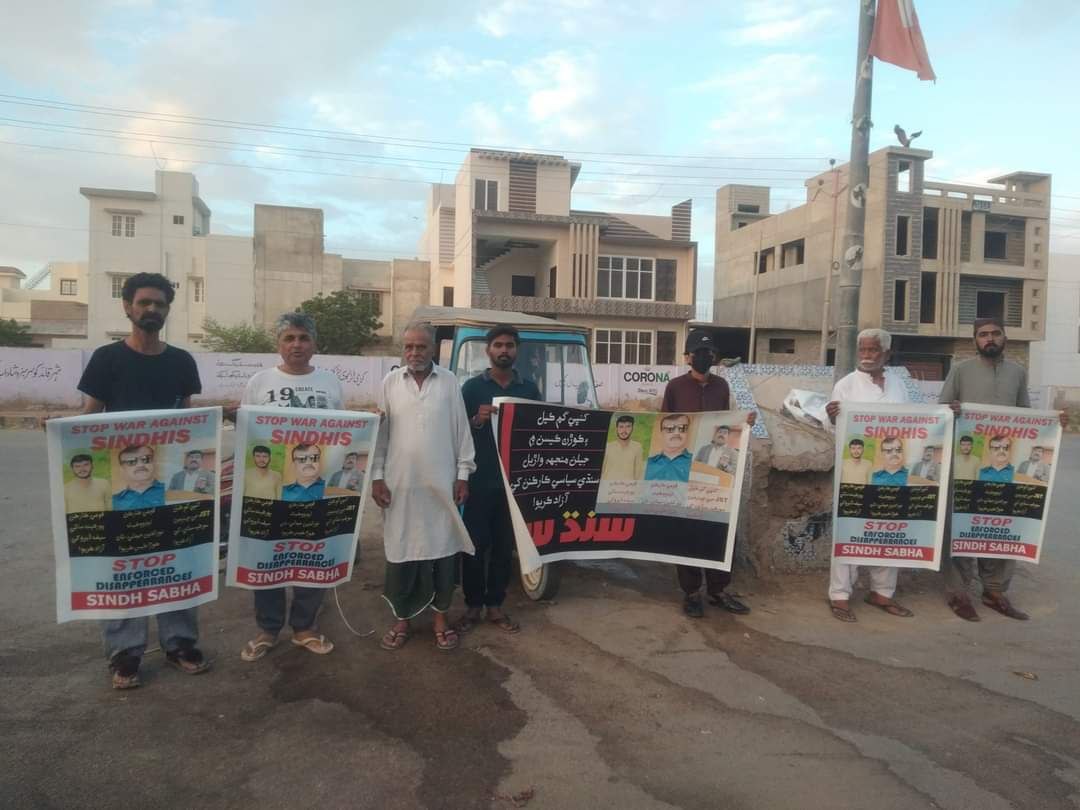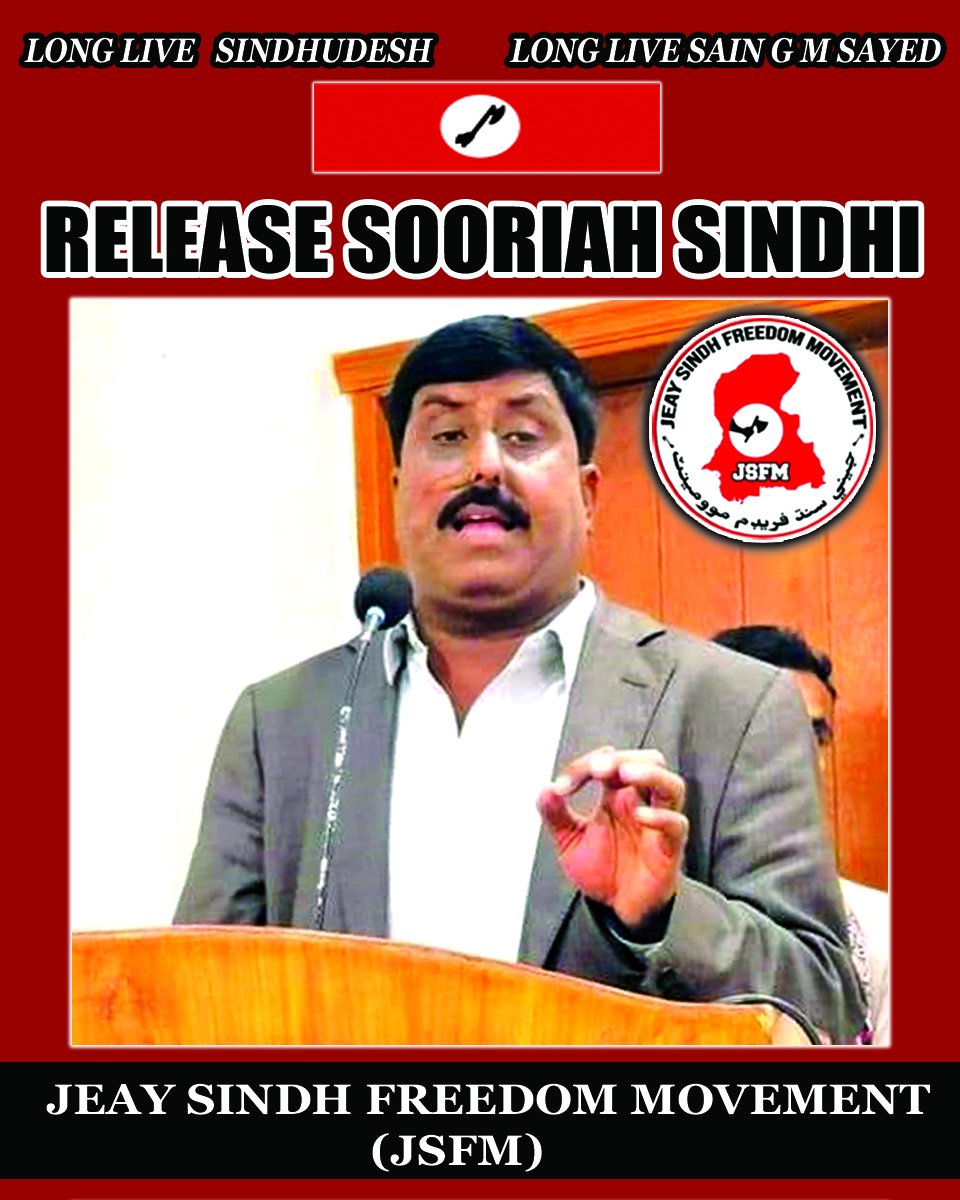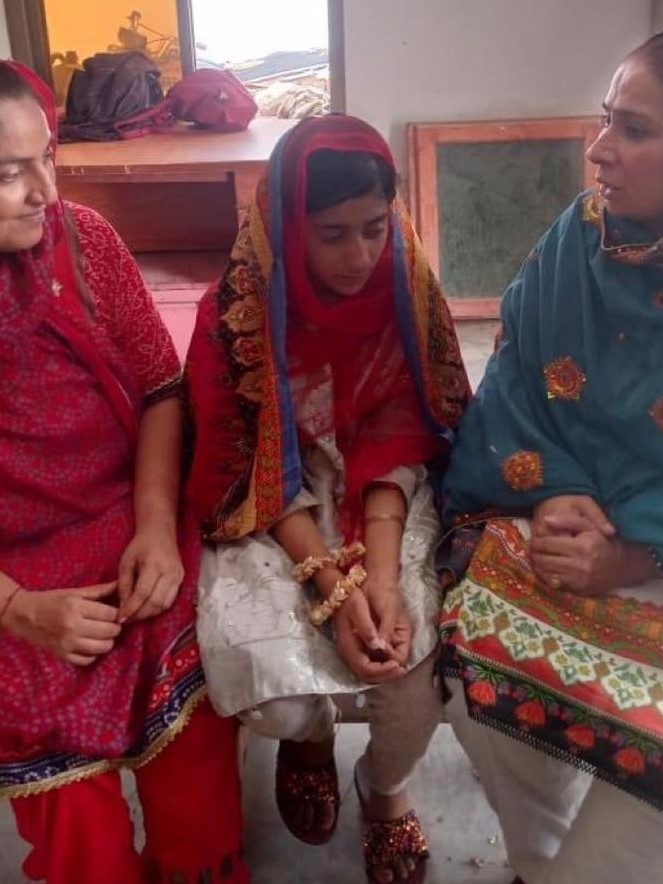
Karachi: In a striking show of solidarity, legal professionals from across Sindh organised a significant demonstration on Friday to challenge the federal government’s contentious plan to build six canals along the Indus River and the proposed 26th constitutional amendment.
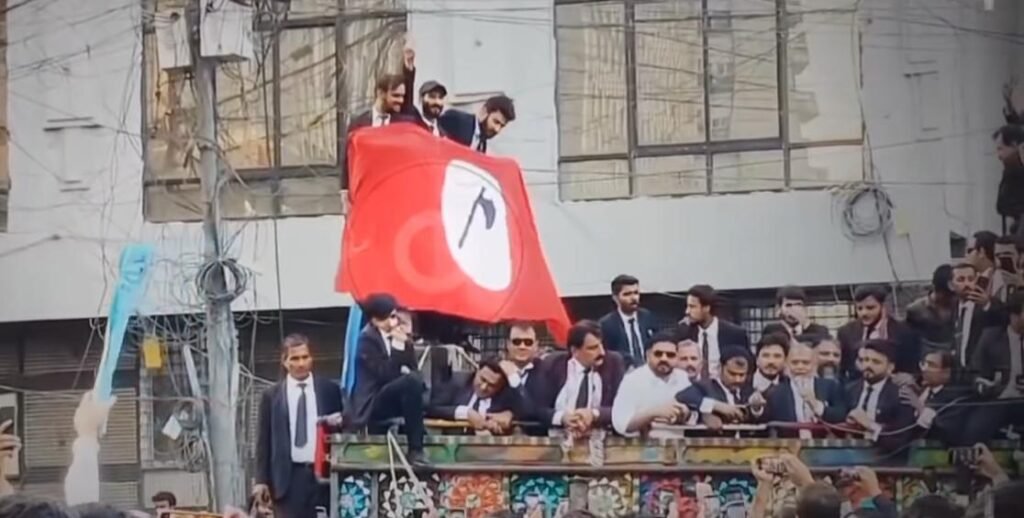
The protest commenced in Hyderabad, drawing hundreds of lawyers, including representatives from the Hyderabad District Bar Association, High Court Bar Association, Karachi Bar Association, and other regional bar councils, who marched toward Karachi. As the procession approached Shahrah e Faisal near the FTC flyover, security forces attempted to block their path, resulting in minor clashes. However, the protesters persisted, compelling authorities to remove the barriers and allow them to proceed to the Karachi Press Club.
Upon arrival at the press club, the demonstration gained additional support as various nationalist groups, student organizations, and intellectuals joined the cause. Notable participants included Zulfiqar Bhutto Junior from the Pakistan Peoples Party (Shaheed Bhutto), students from Zulfiqar Ali Bhutto Law University and SM Law College, and members of the Sindhu Indus Lawyers Forum. Prominent writers and intellectuals, such as Manzoor Solangi and Lateef Ibrahim, also voiced their support.
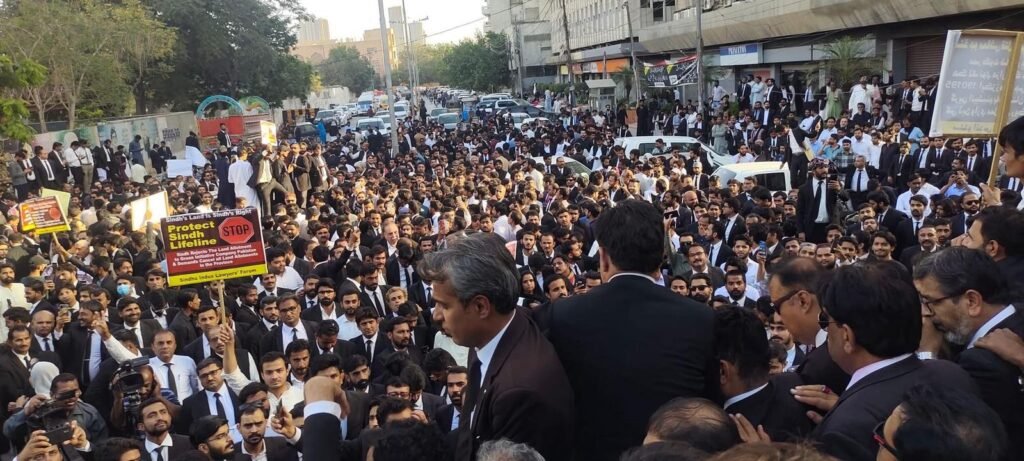
A Movement with Lasting Impact
Speaking at the event, Ashar Khokhar, President of the Hyderabad Bar Association, described the protest as a historic moment in the fight against injustice. He pledged that the movement would not end here, announcing plans for a march on Islamabad after Ramazan to amplify their demands.
Zulfiqar Bhutto Junior reiterated the unwavering resolve of Sindh’s residents, stating that they would never accept the construction of the proposed canals. He criticized the government’s disregard for the growing discontent in Sindh and warned that those responsible for suppressing student protests in Jamshoro would face fierce opposition.
Sajjad Chandio, a prominent lawyer, highlighted Sindh’s legacy of resistance, recalling past struggles against the One-Unit system and military rule. “Sindh has always stood against injustice, and this time is no exception,” he declared.
KB Laghari, another leading legal figure, underscored the importance of the legal community’s involvement in the protest. He reminded the government that whenever lawyers have taken a stand against oppression, it has led to significant political changes in the country.
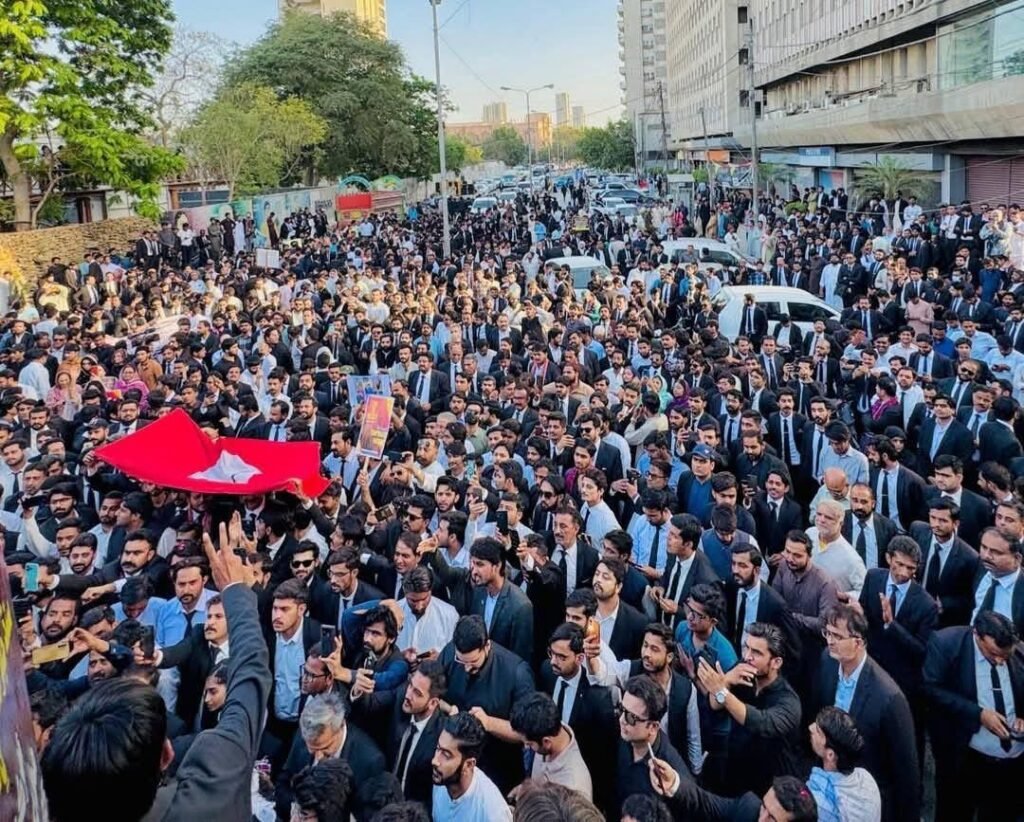
Sindh Condemns Canal Projects as Environmental Destruction
The proposed construction of six canals on the Indus River has raised widespread alarm in Sindh, with many viewing it as a direct threat to their water rights. Critics argue that further diversions from the Indus could devastate Sindh’s agricultural sector, leaving farmlands barren and destroying livelihoods.
Legal experts and civil society activists have labeled the projects as “environmental destruction,” warning that they jeopardize the survival of Sindh’s agrarian economy. They stress that water distribution should be decided by the Council of Common Interests and cannot be unilaterally imposed by the federal government.
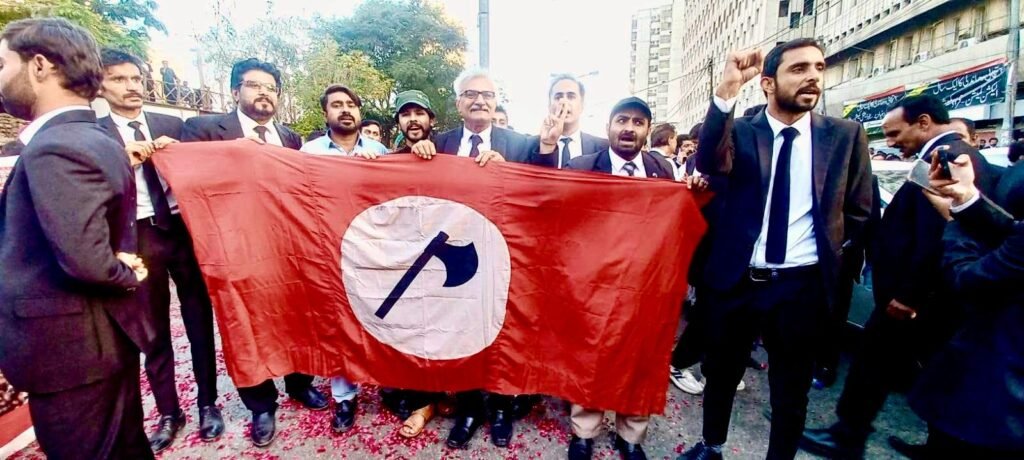
A Unified Stand for Sindh’s Future
Friday’s protest is part of a larger wave of resistance against what many in Sindh perceive as systematic efforts to strip them of their natural resources. Political parties, nationalist movements, and civil society organizations have all joined forces to oppose the plans. The legal community, in particular, has taken a leading role, organizing rallies, conventions, and awareness campaigns to galvanize public opposition.
The message from this historic protest is clear: Sindh will not remain silent as its lifeline, the Indus River, is threatened. As demonstrations continue to grow, the demand for justice is becoming increasingly difficult to ignore. The coming weeks will be critical in determining whether the government opts for dialogue or confrontation—but one thing is certain: the people of Sindh are prepared to defend their rights.

